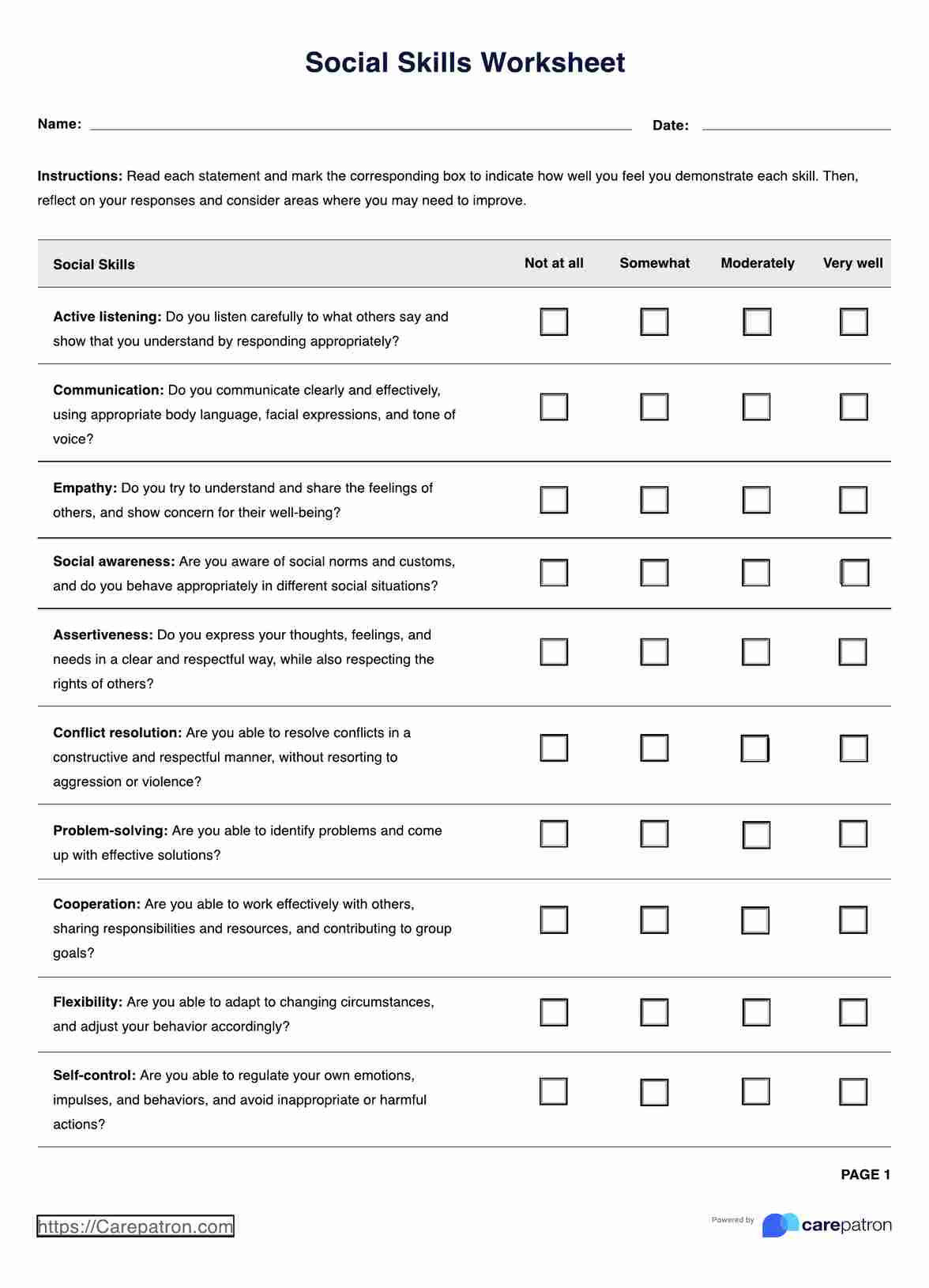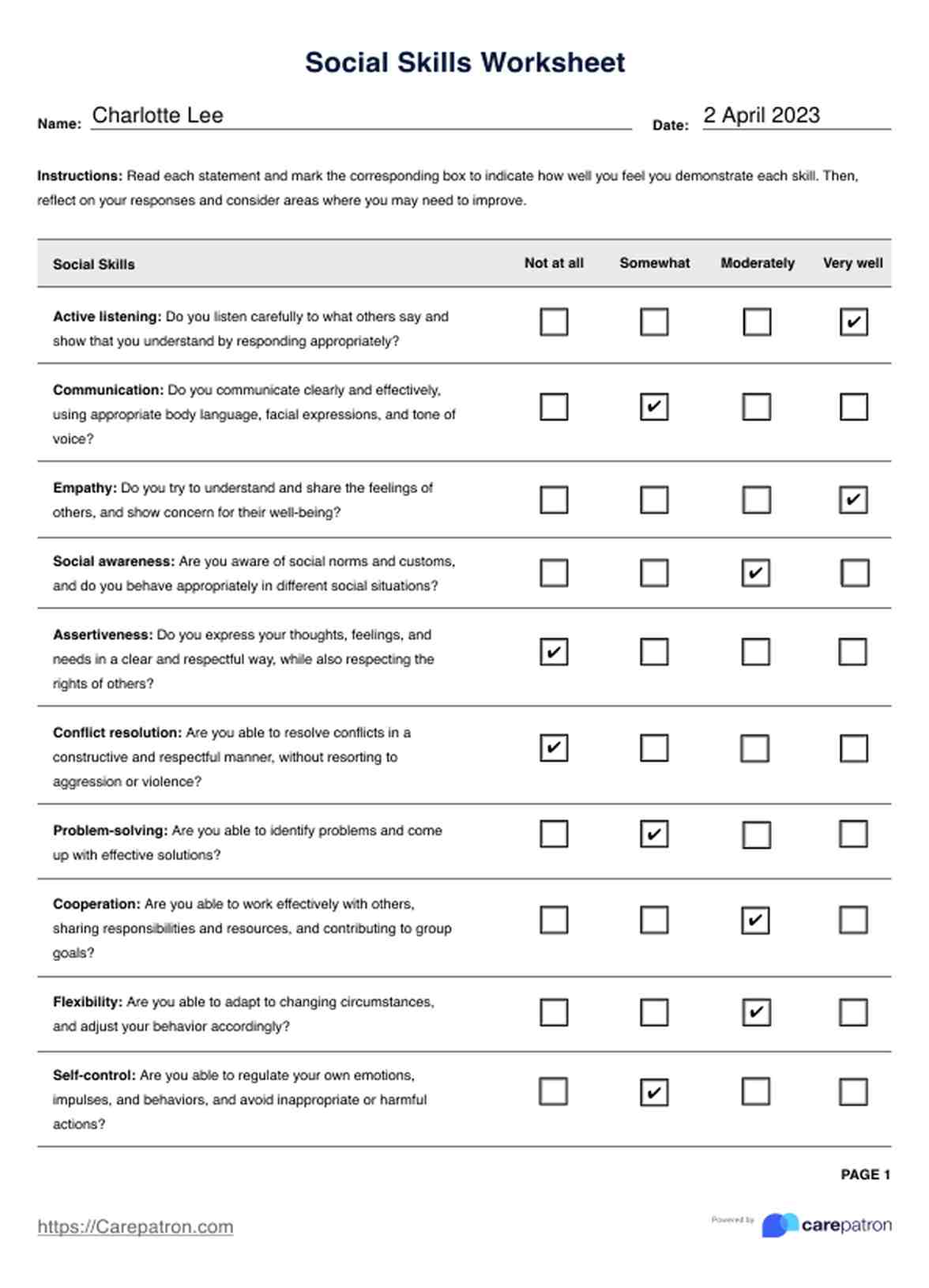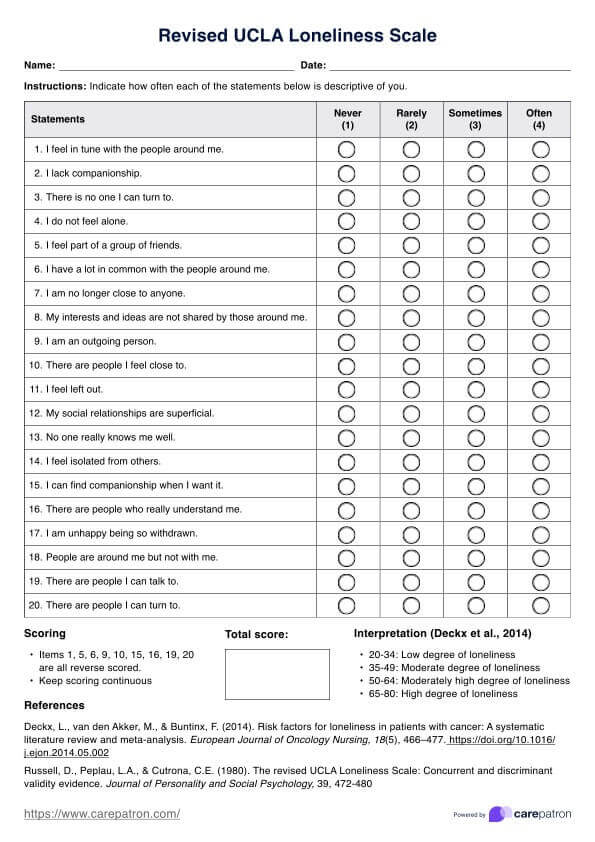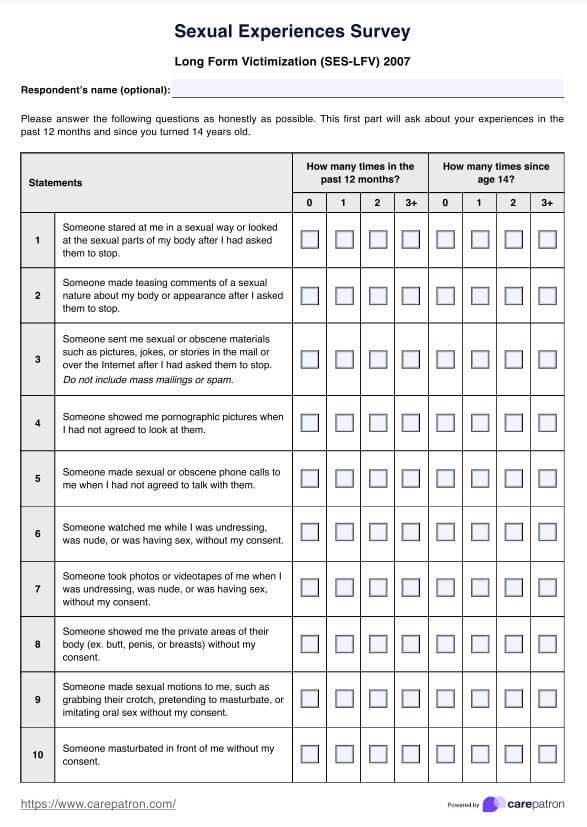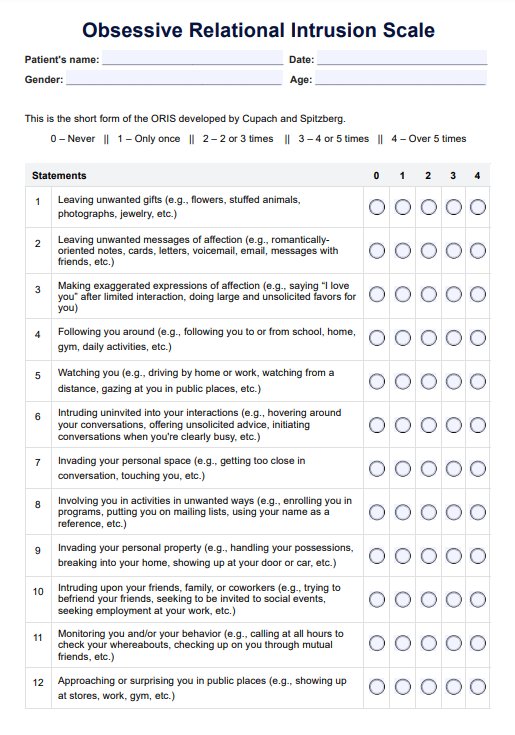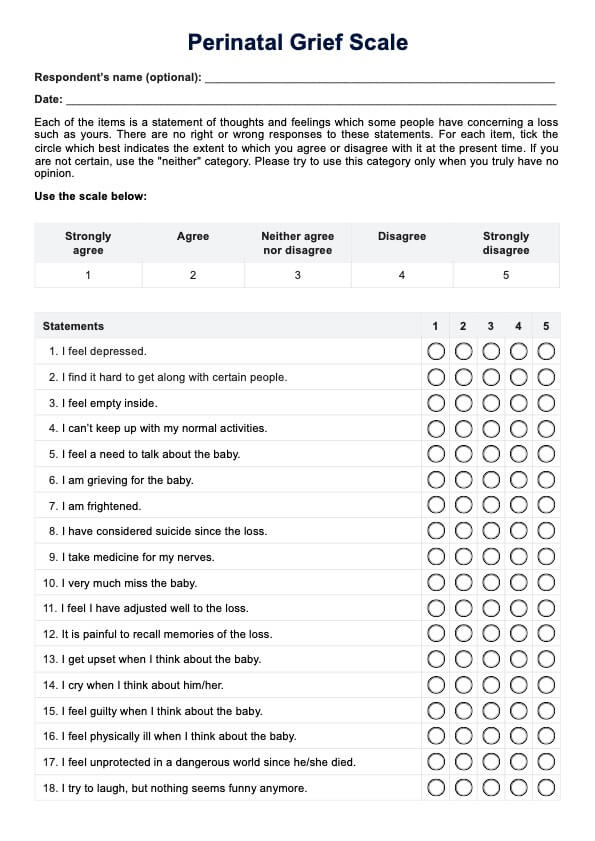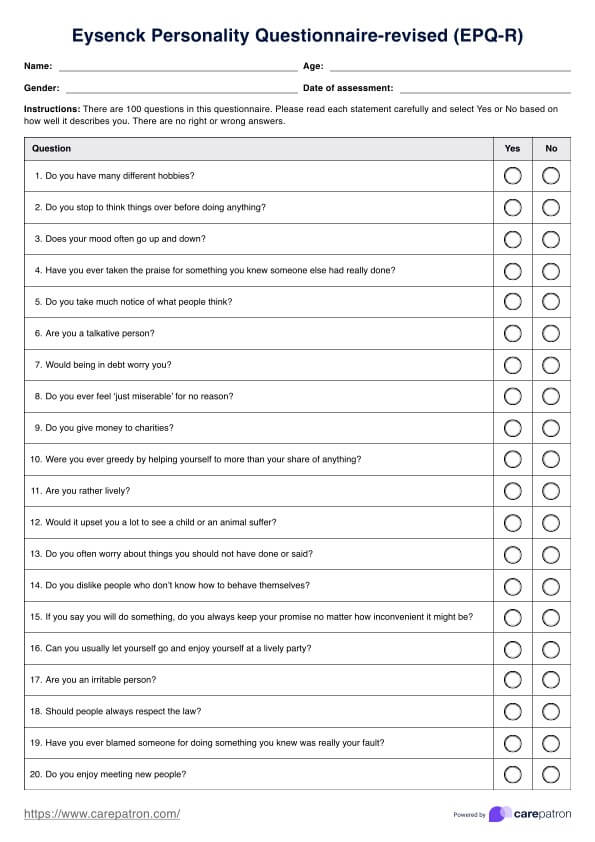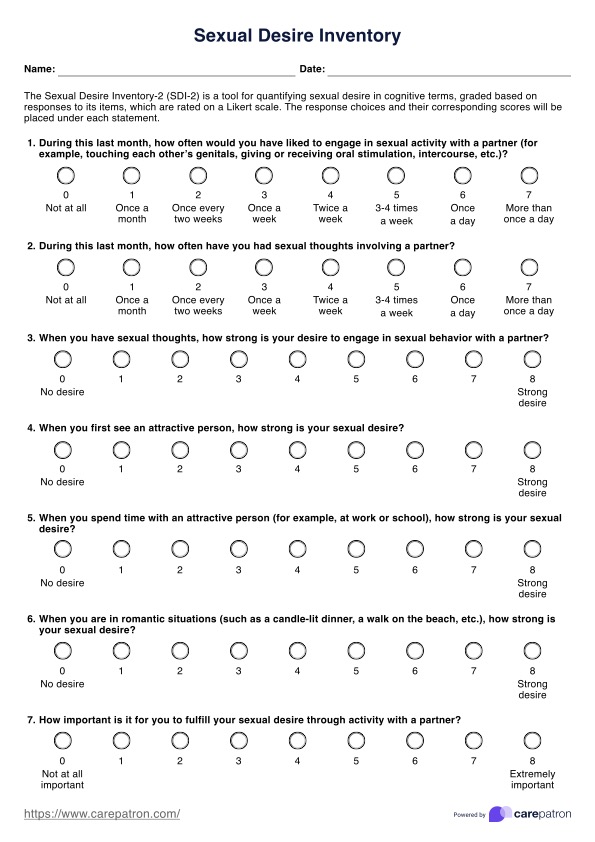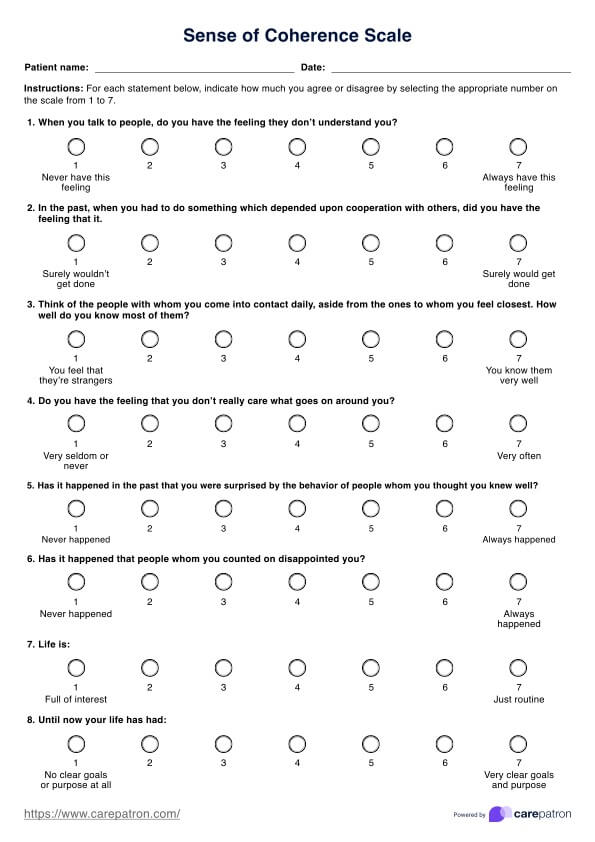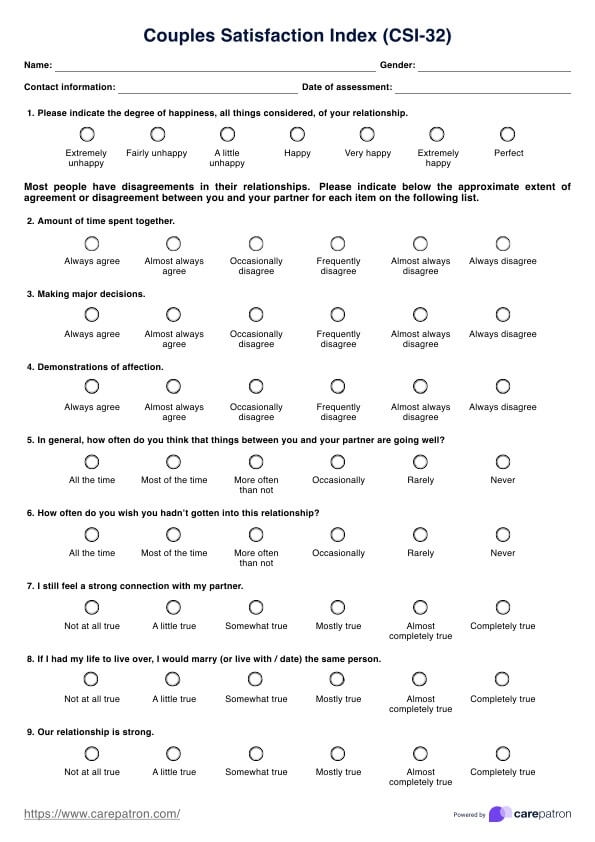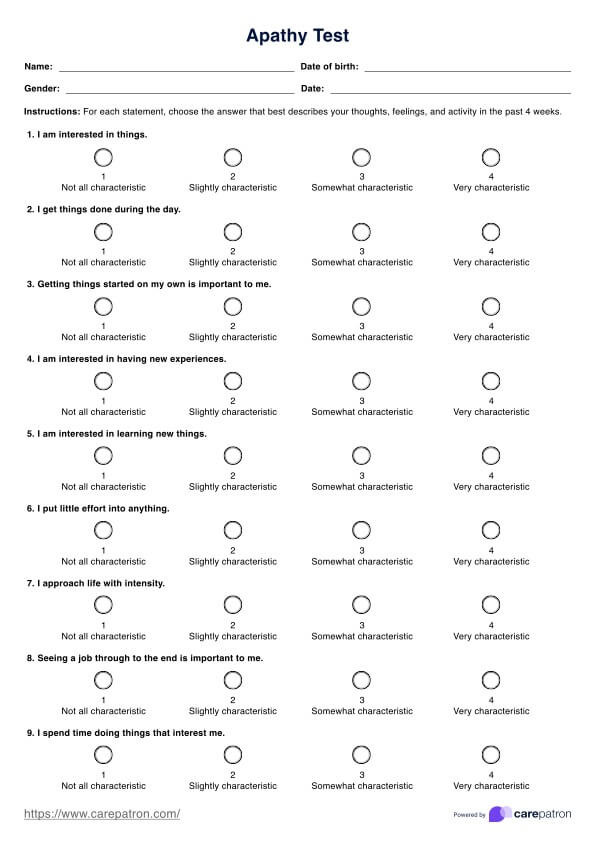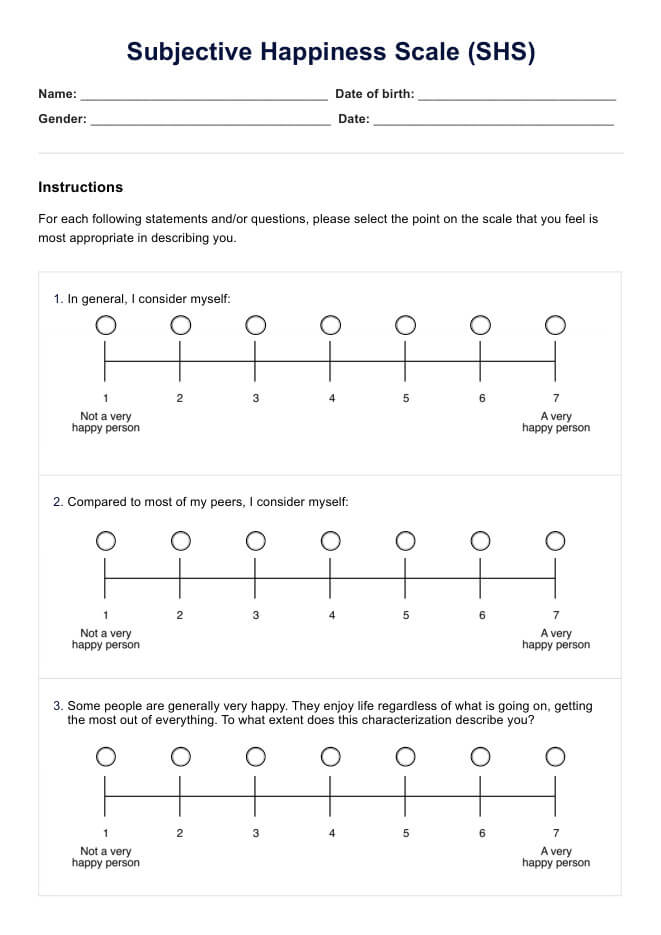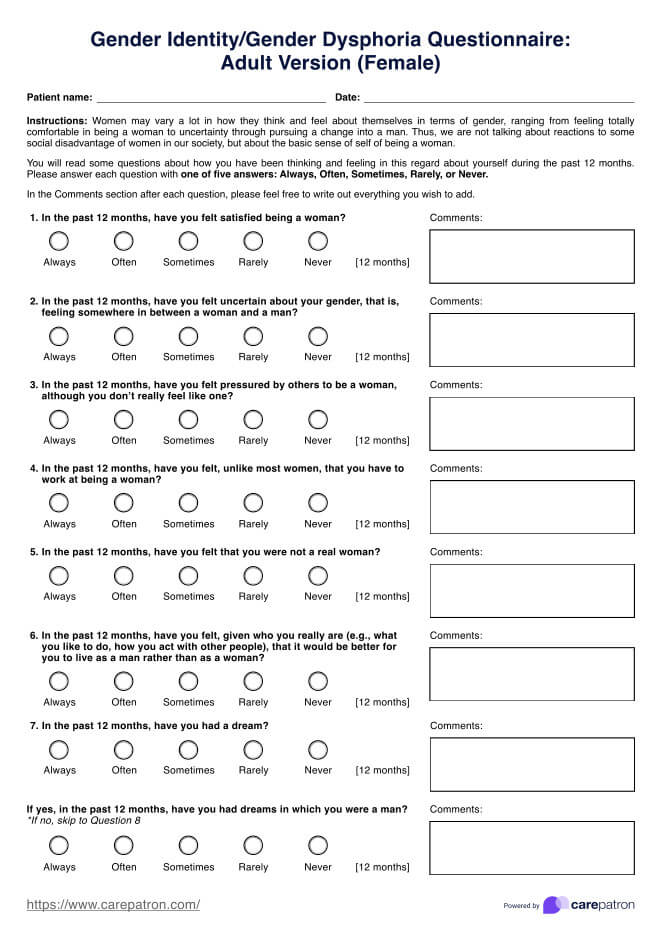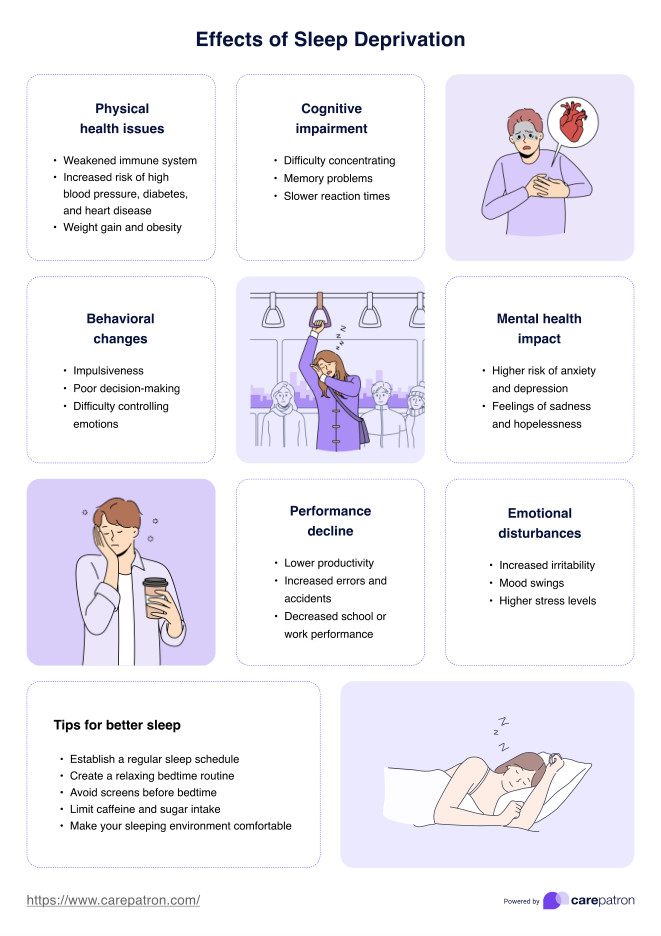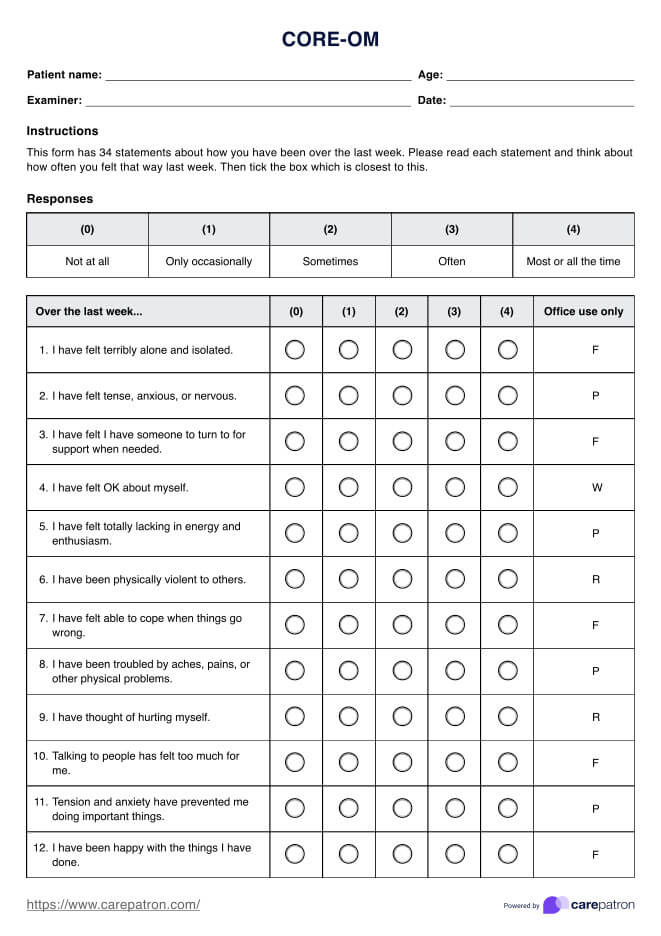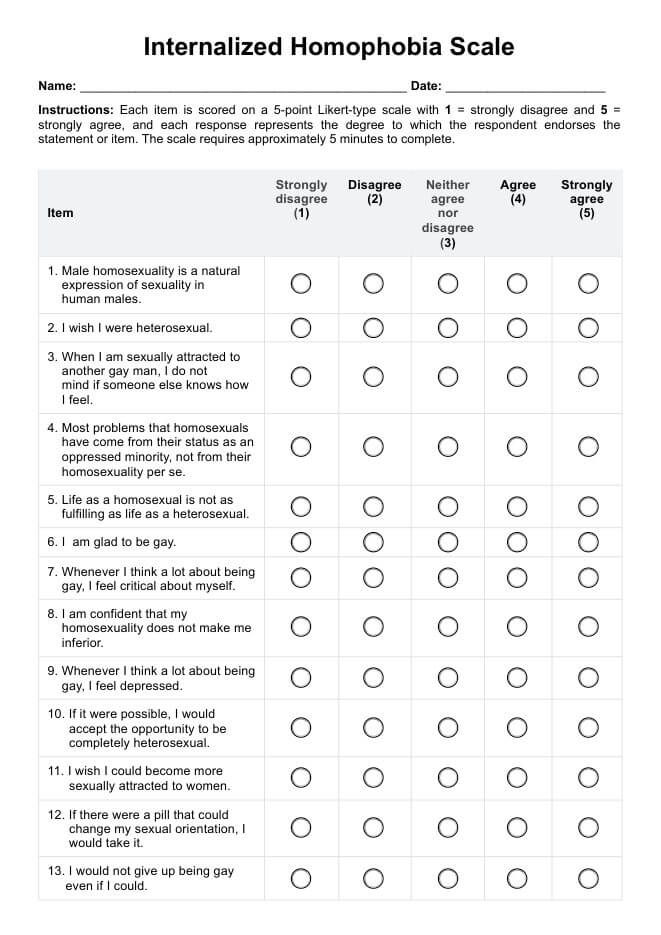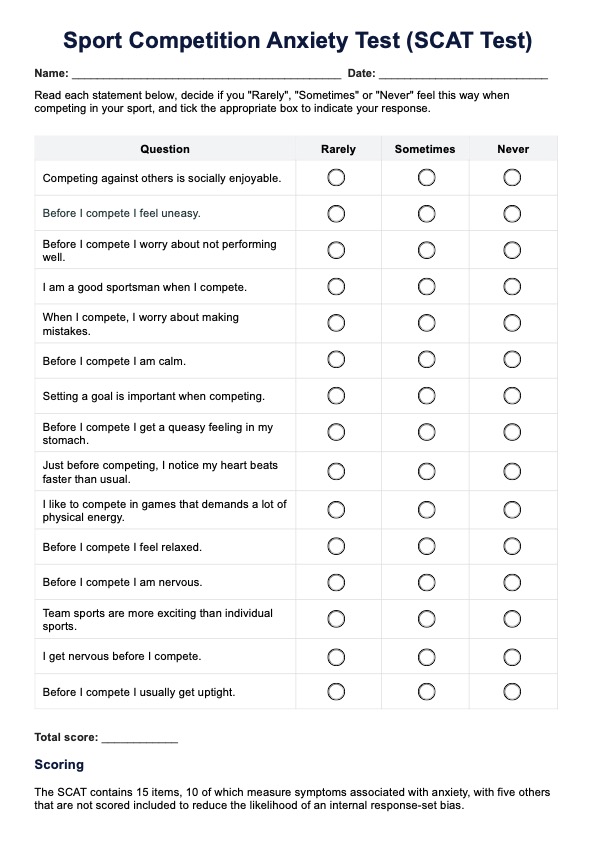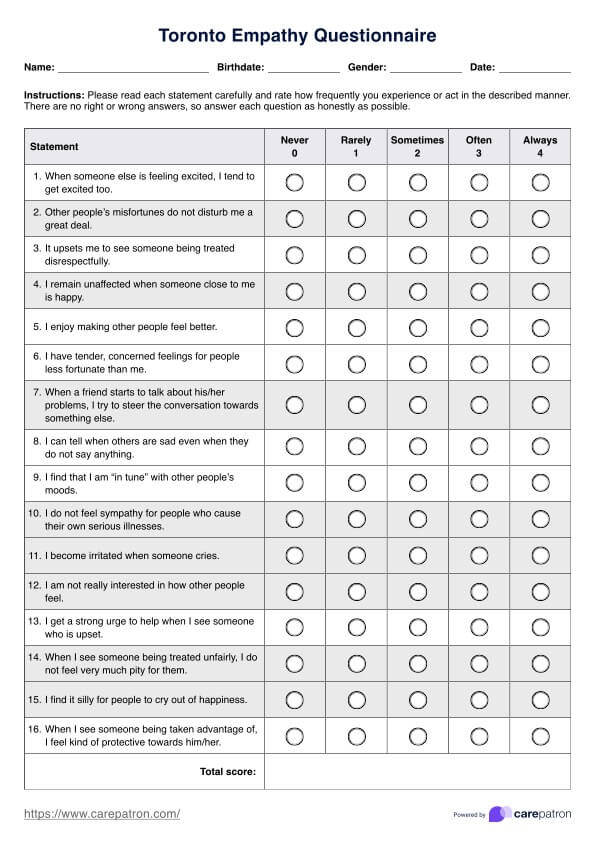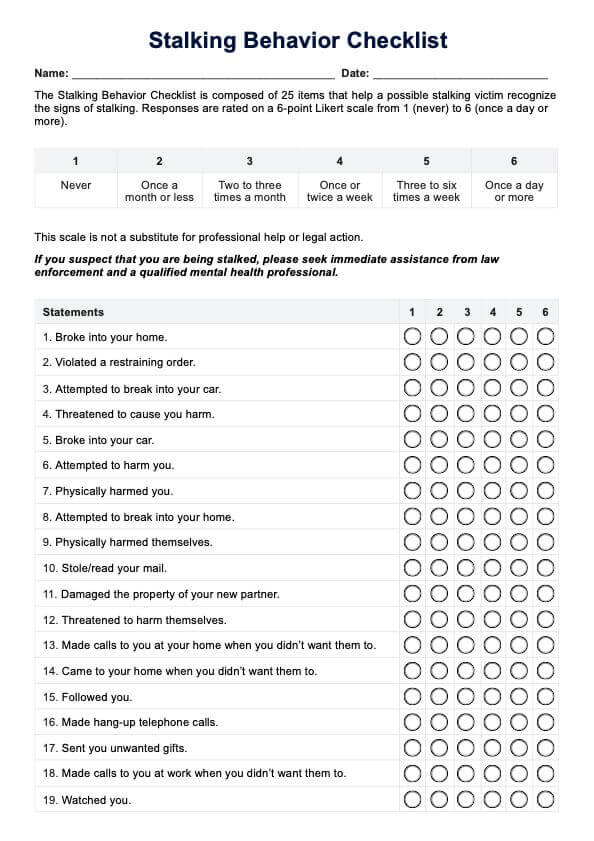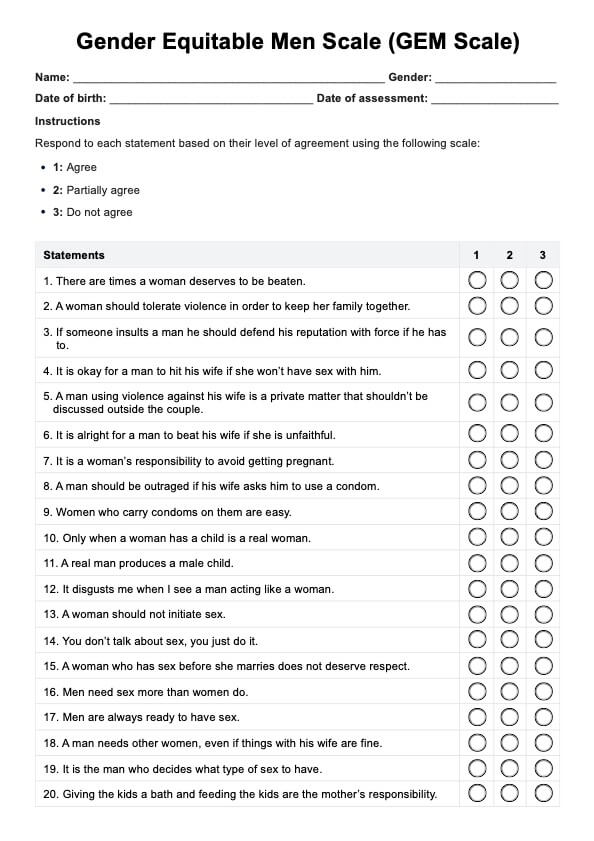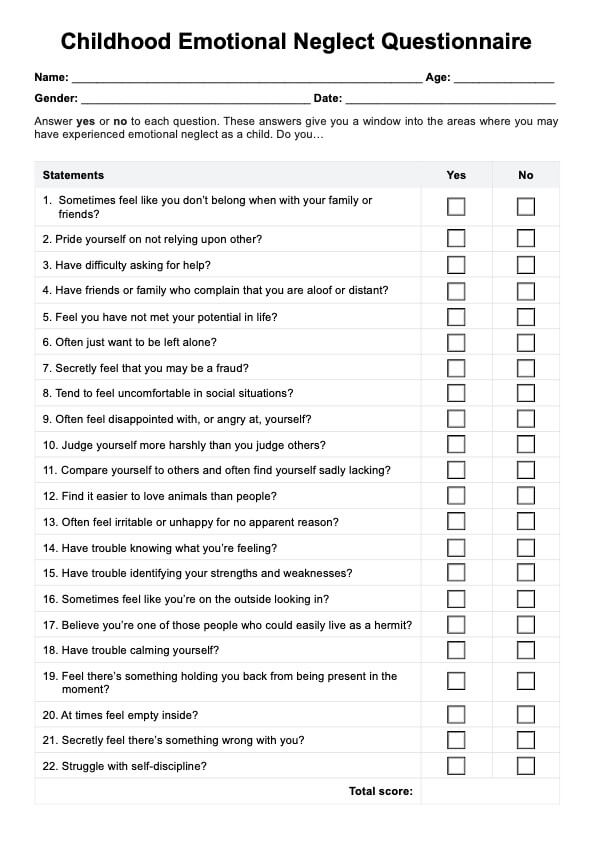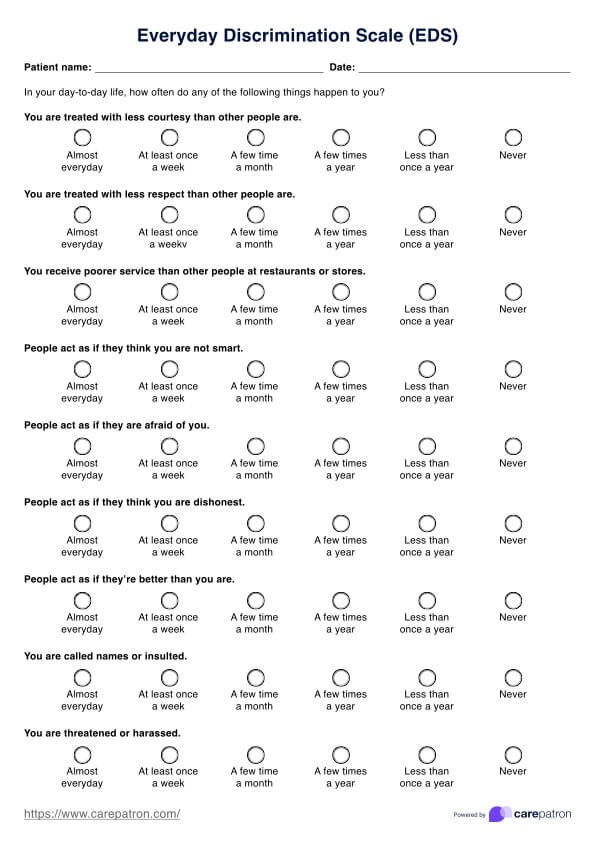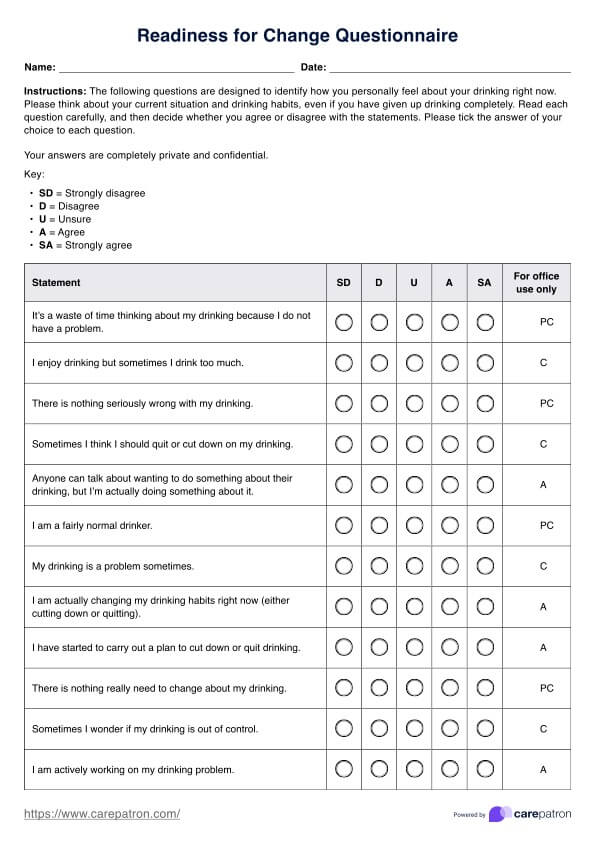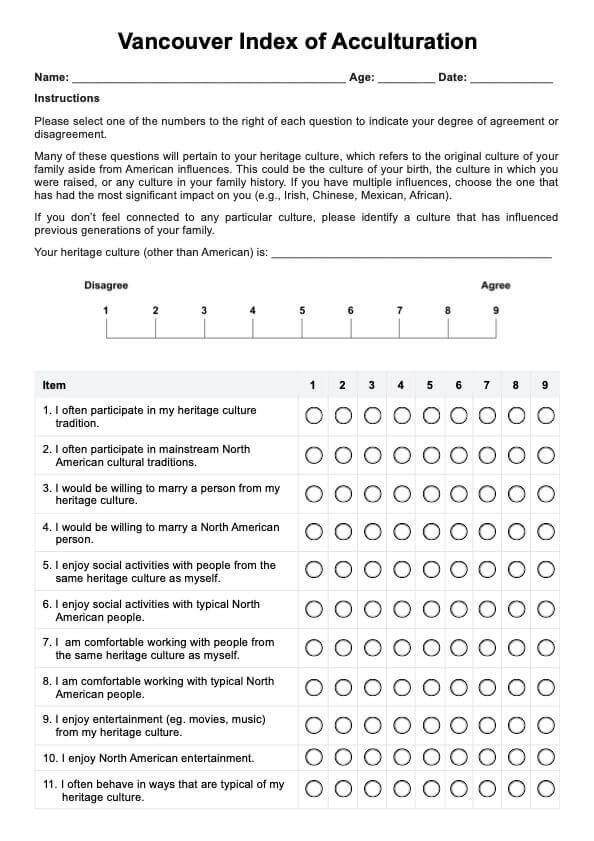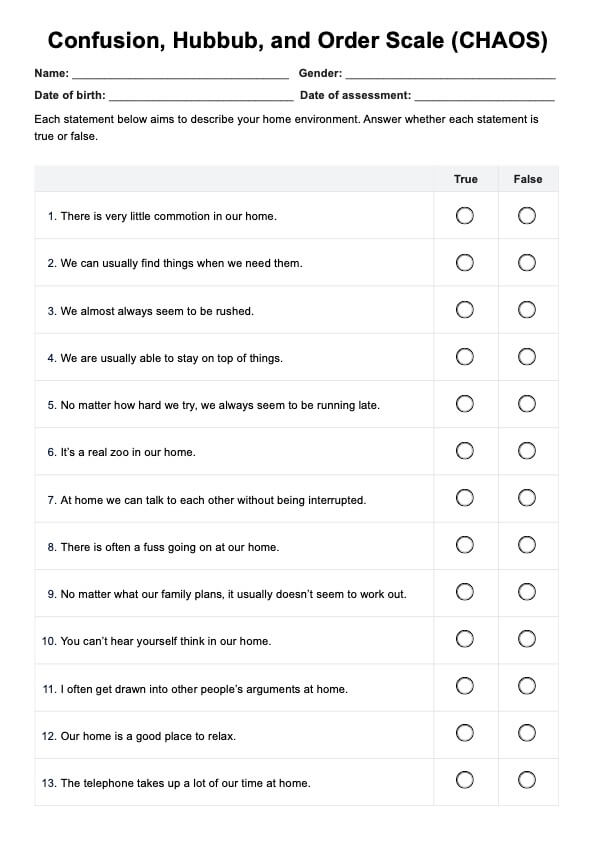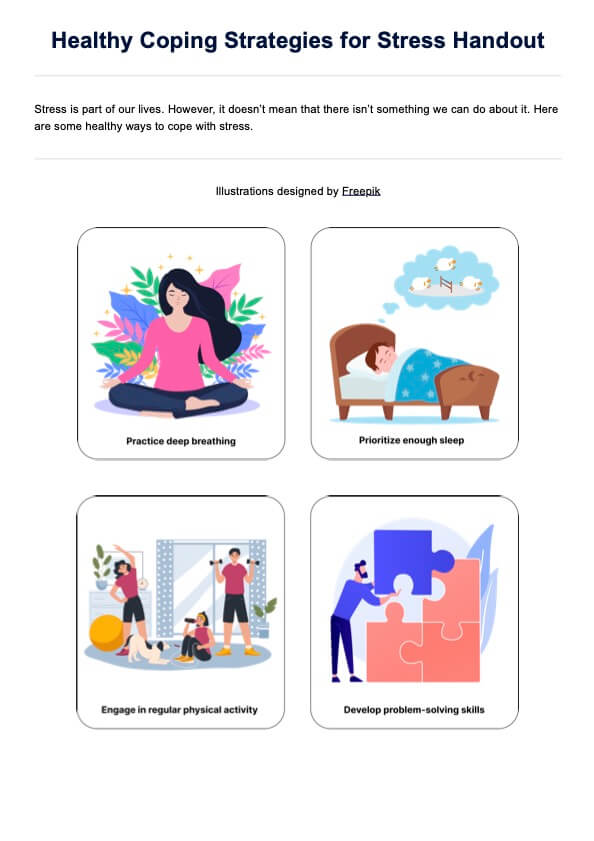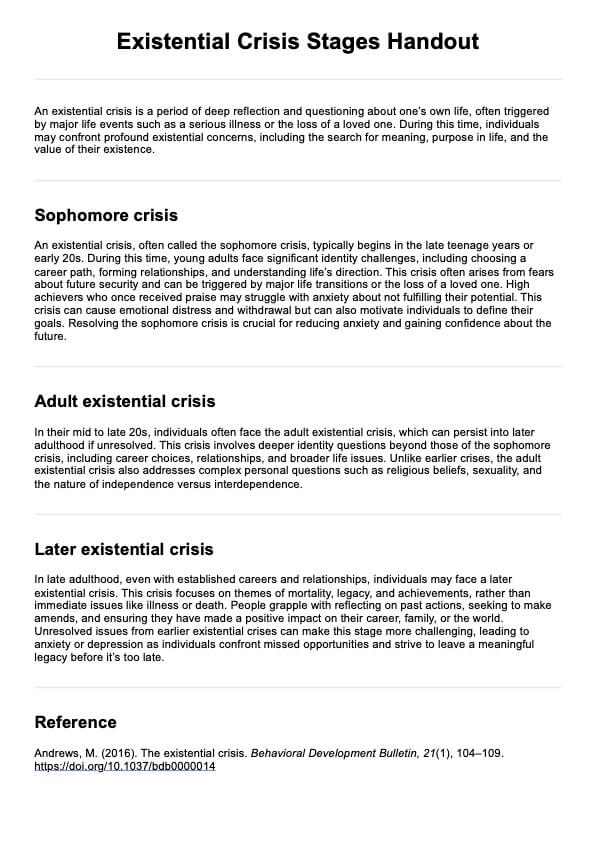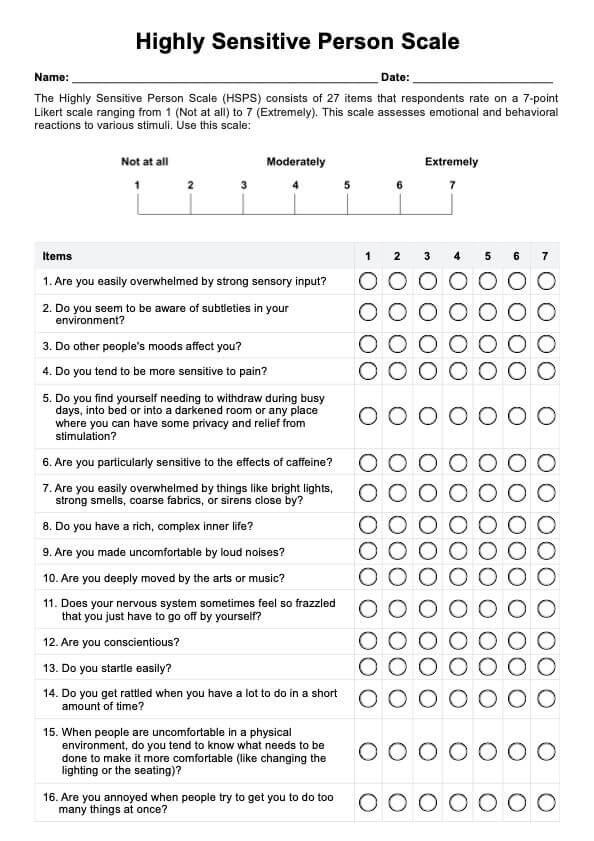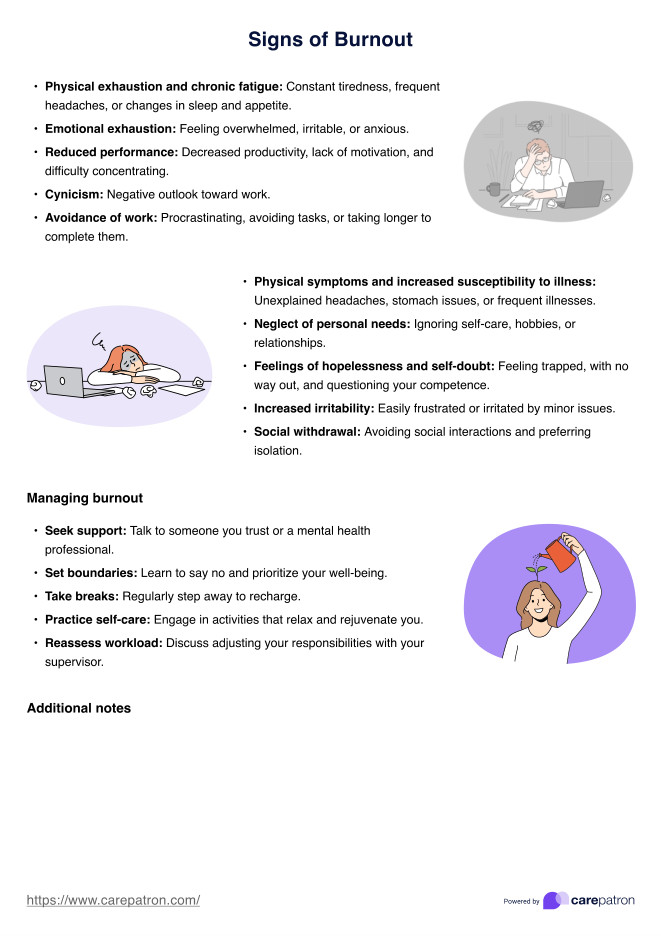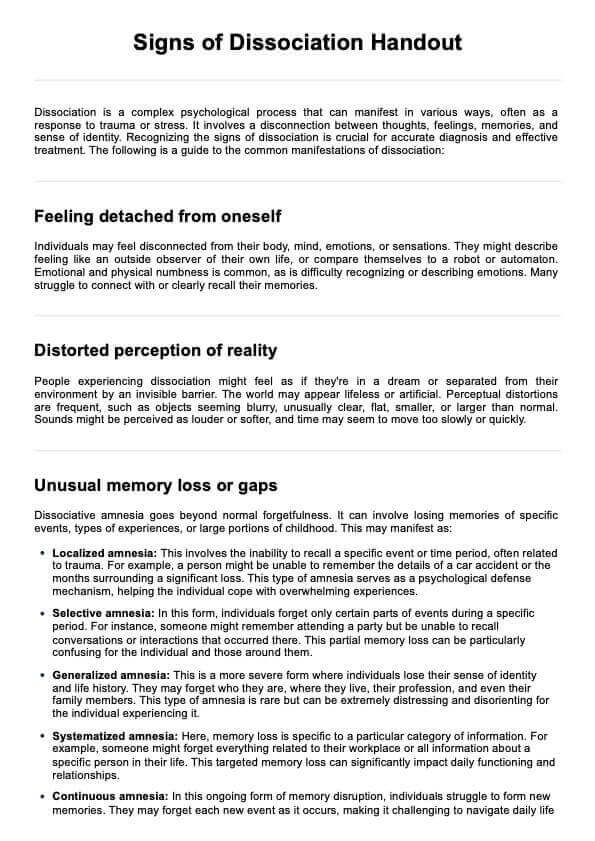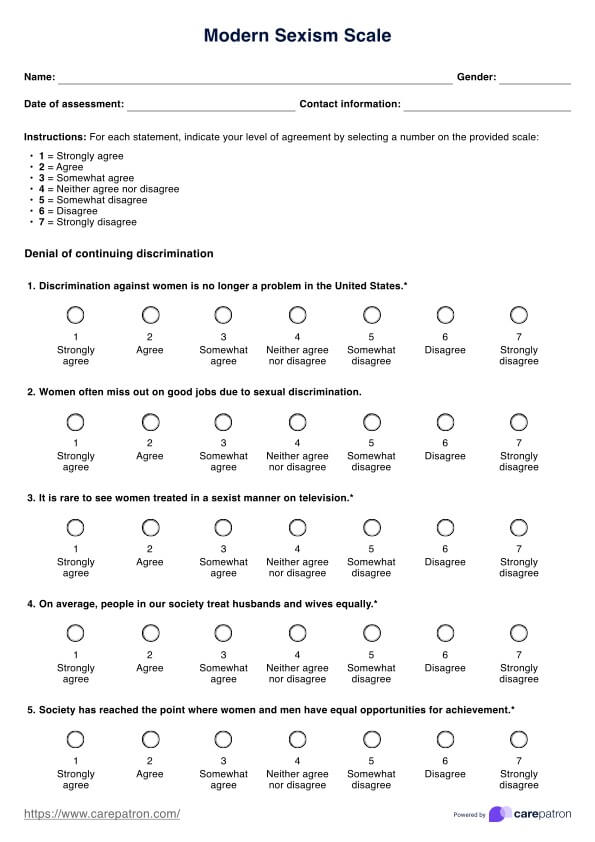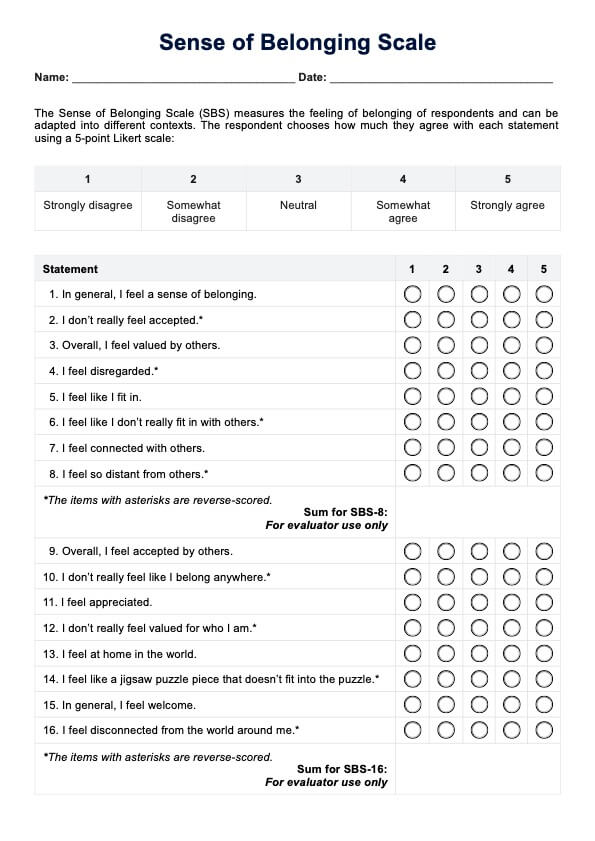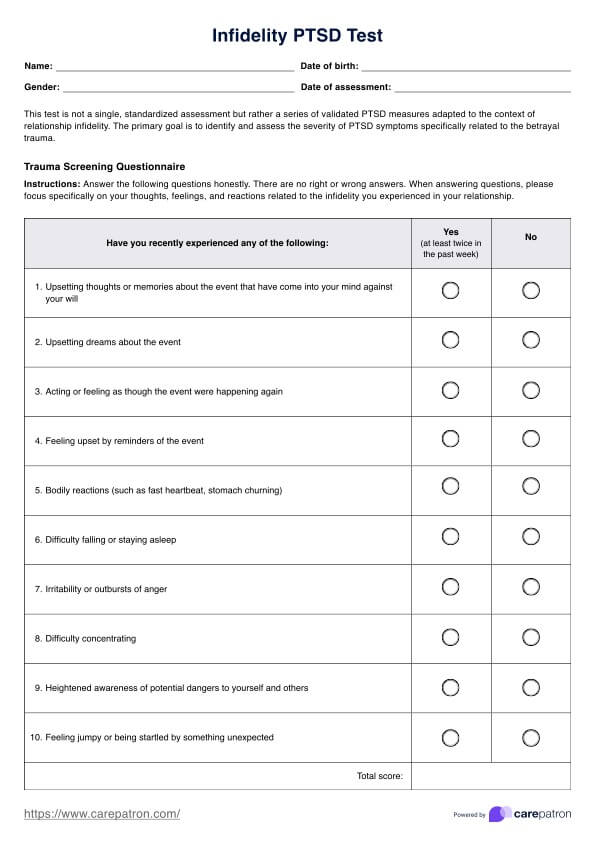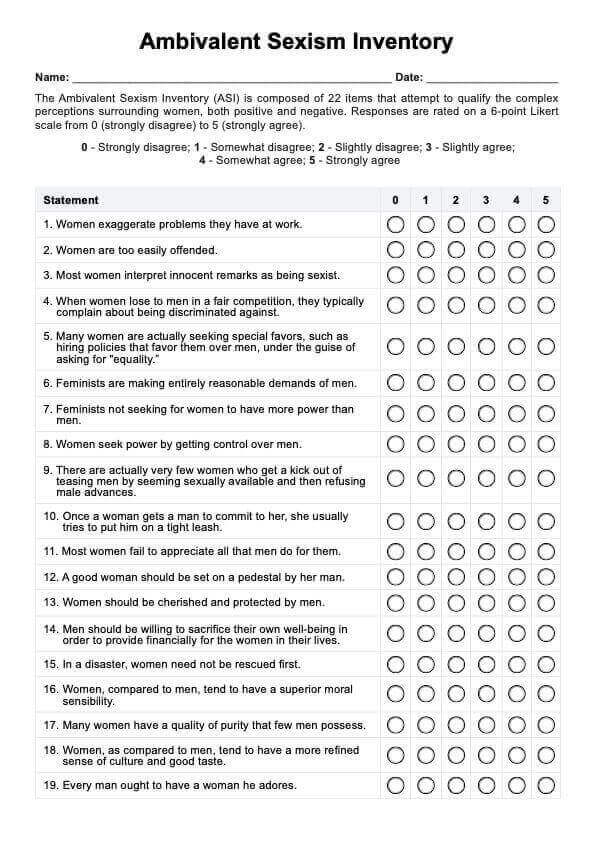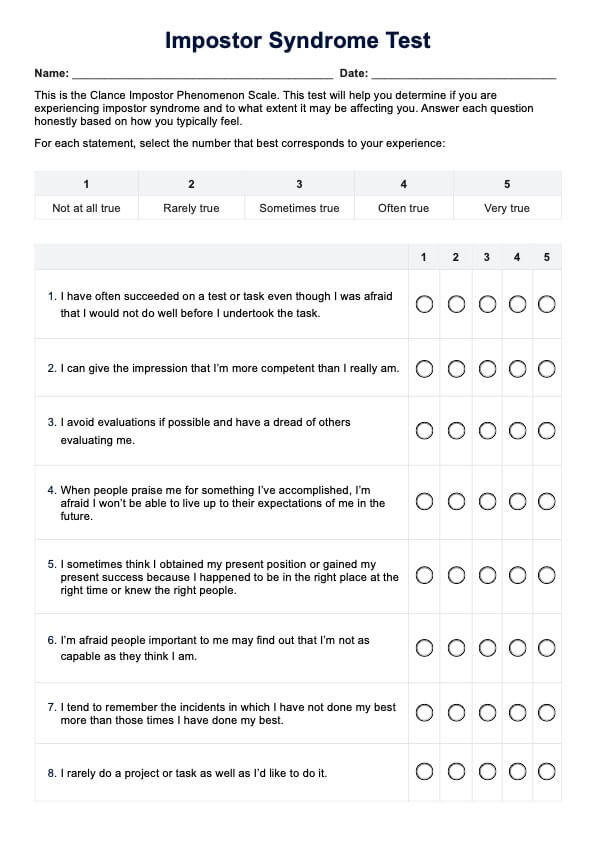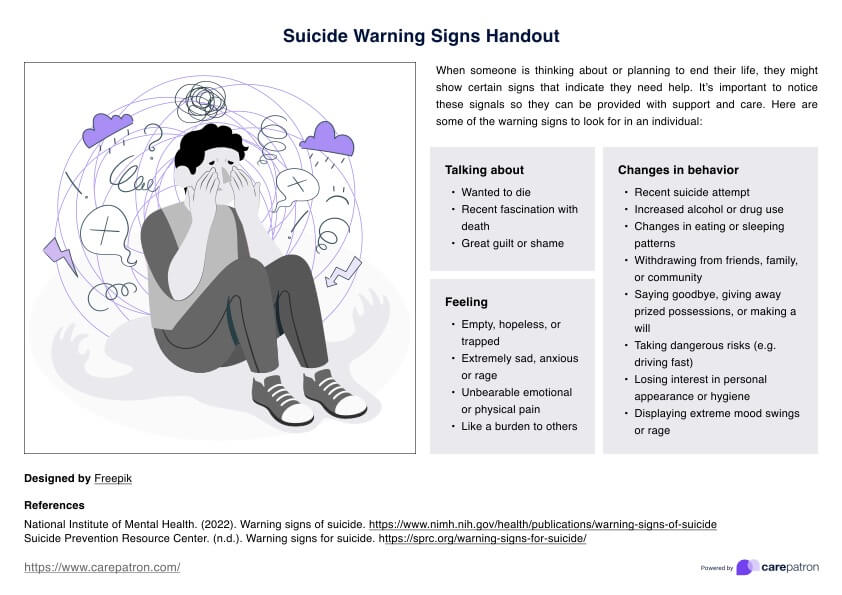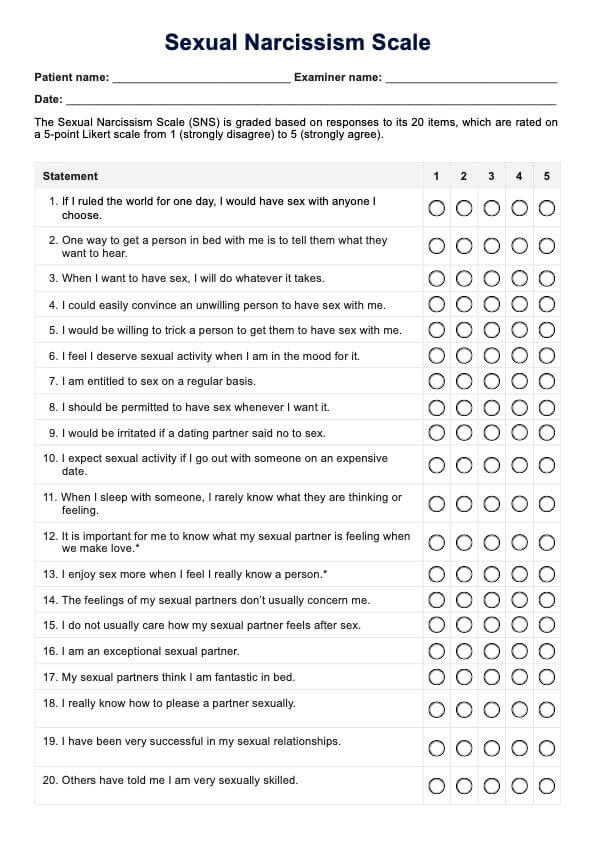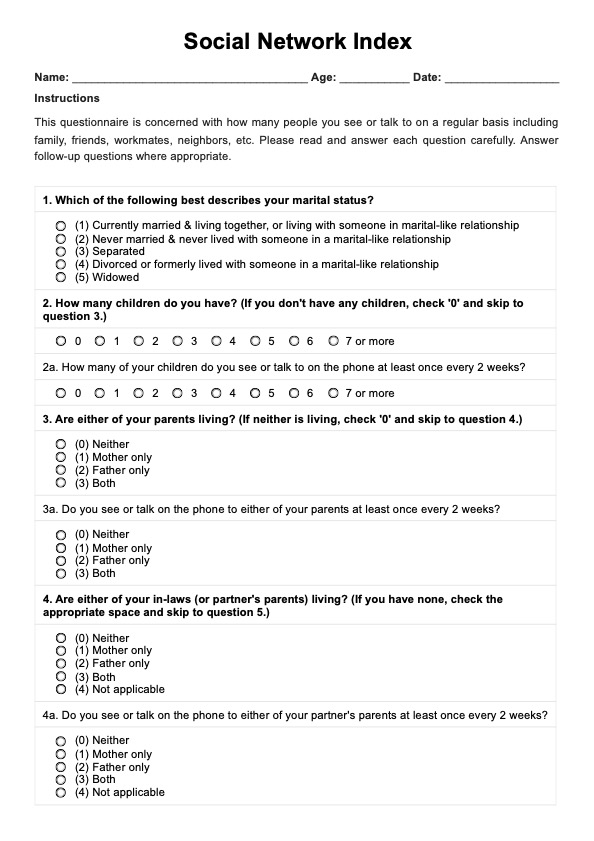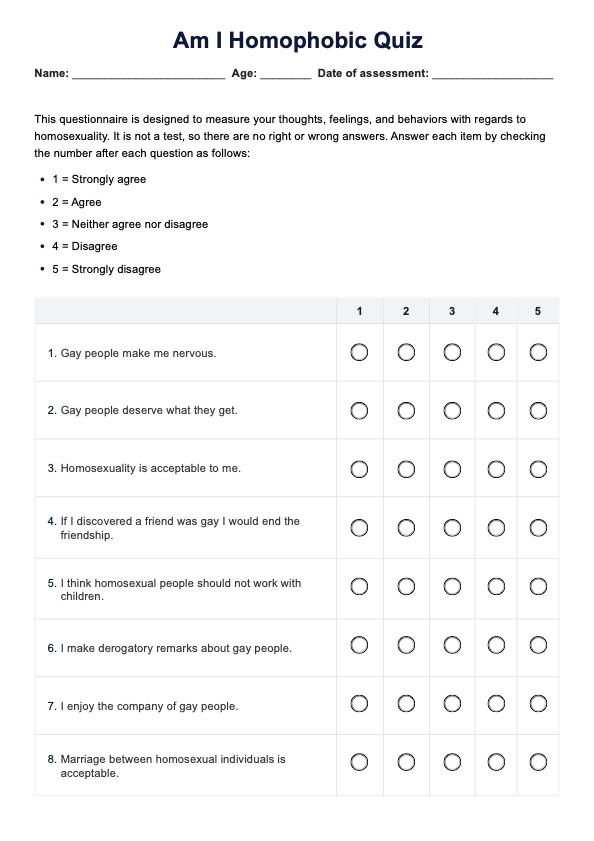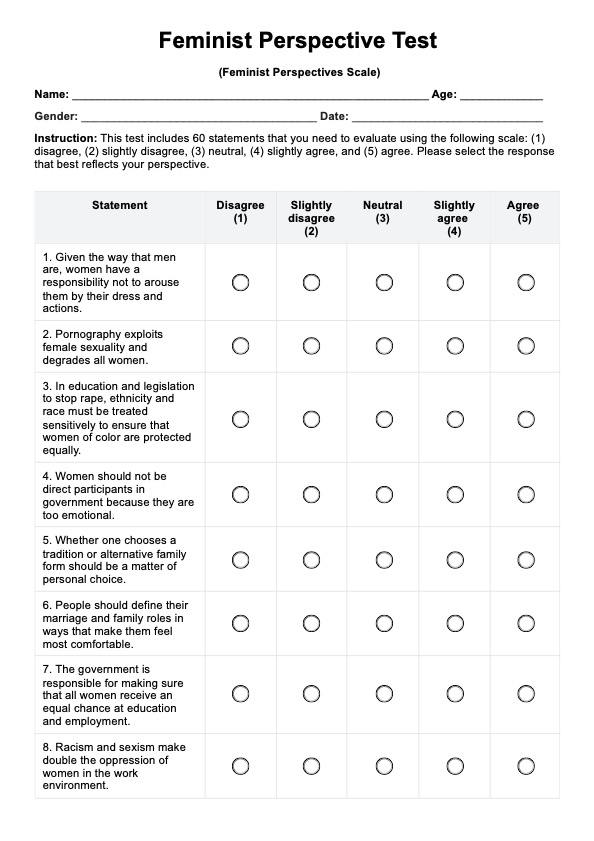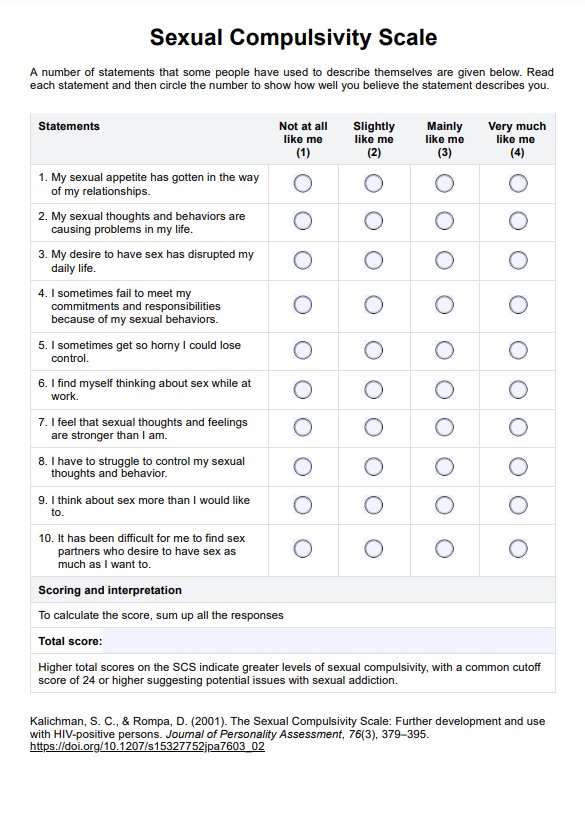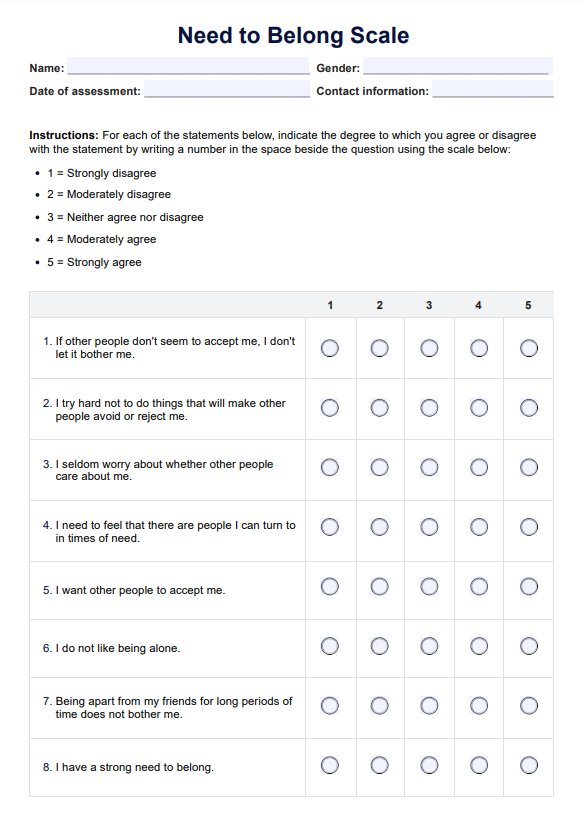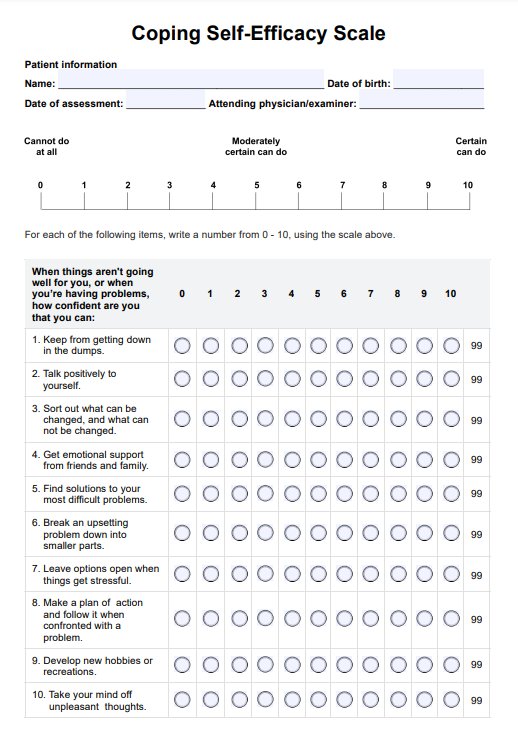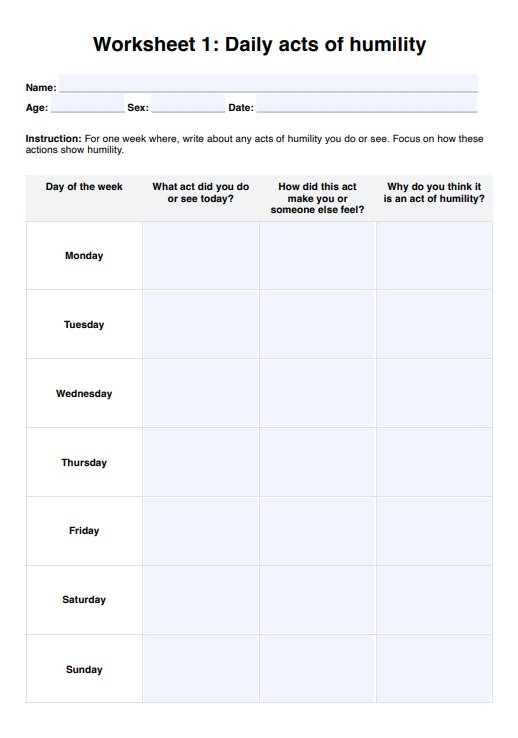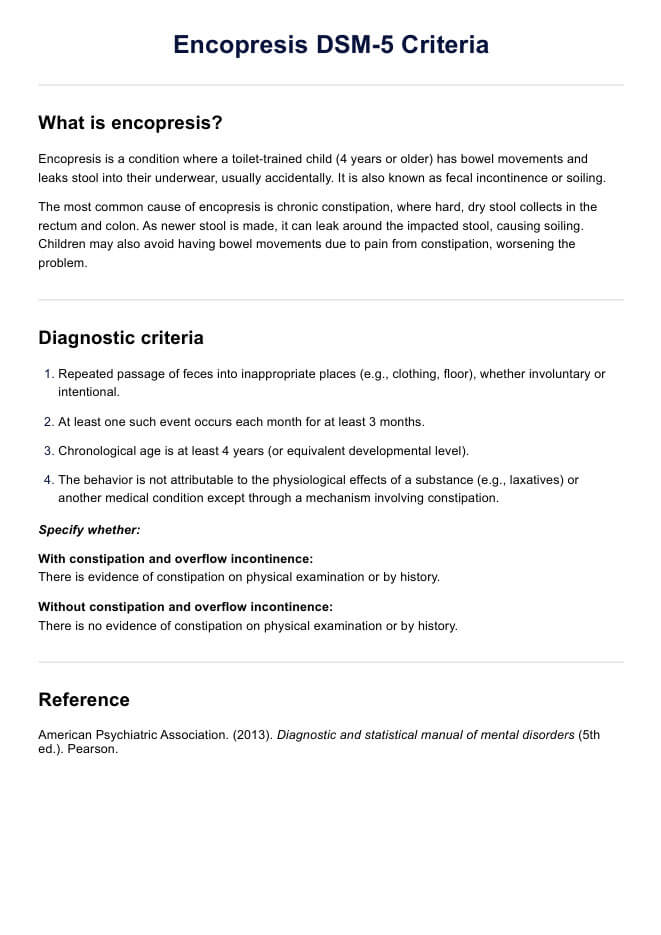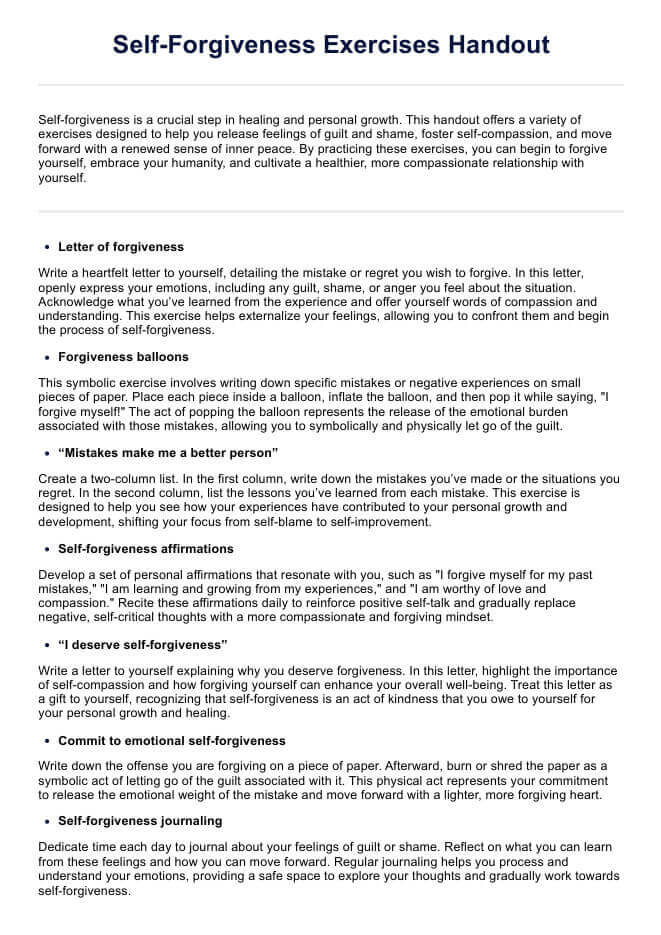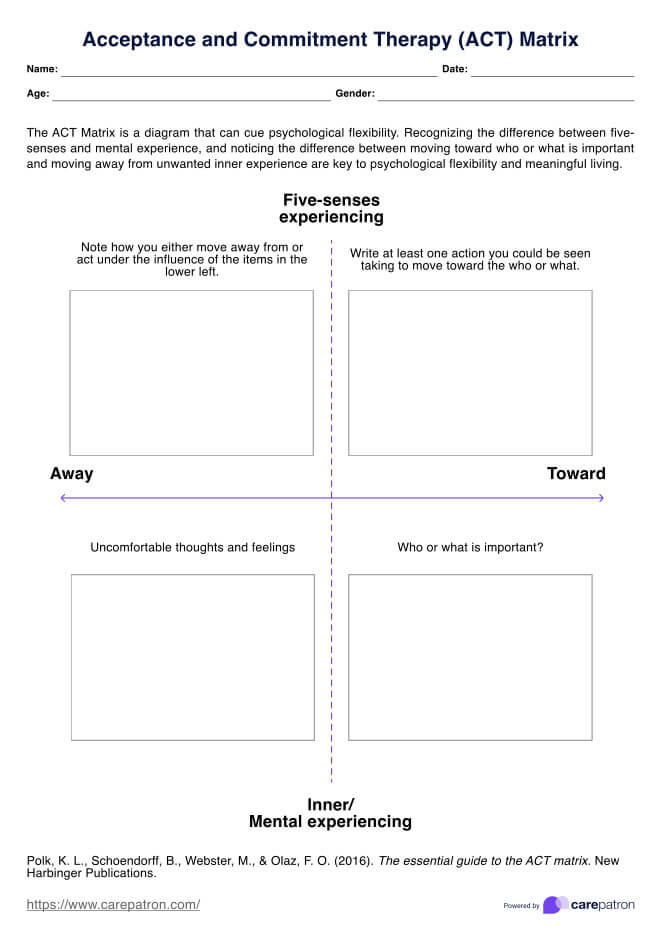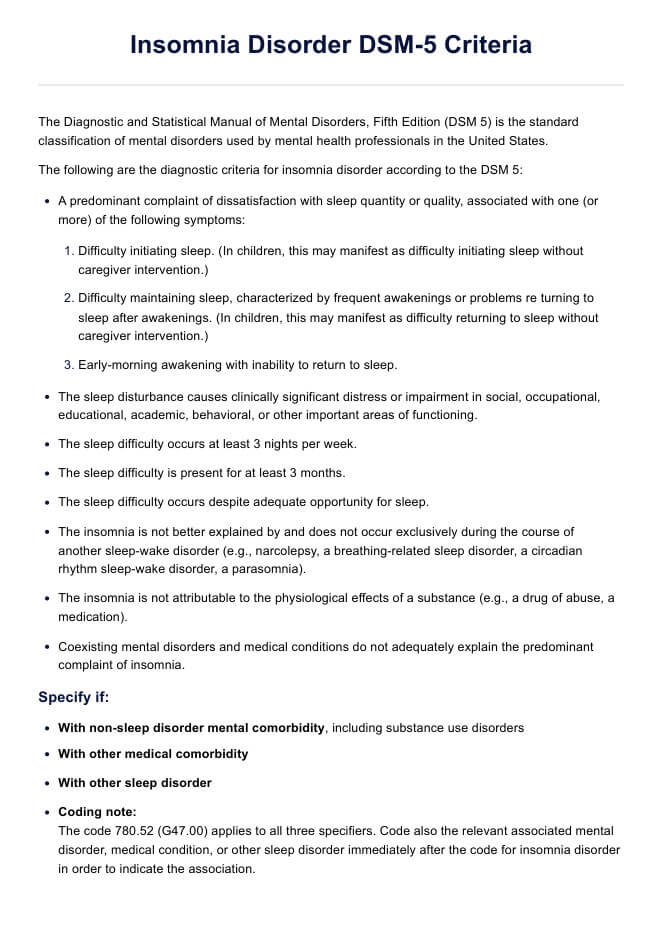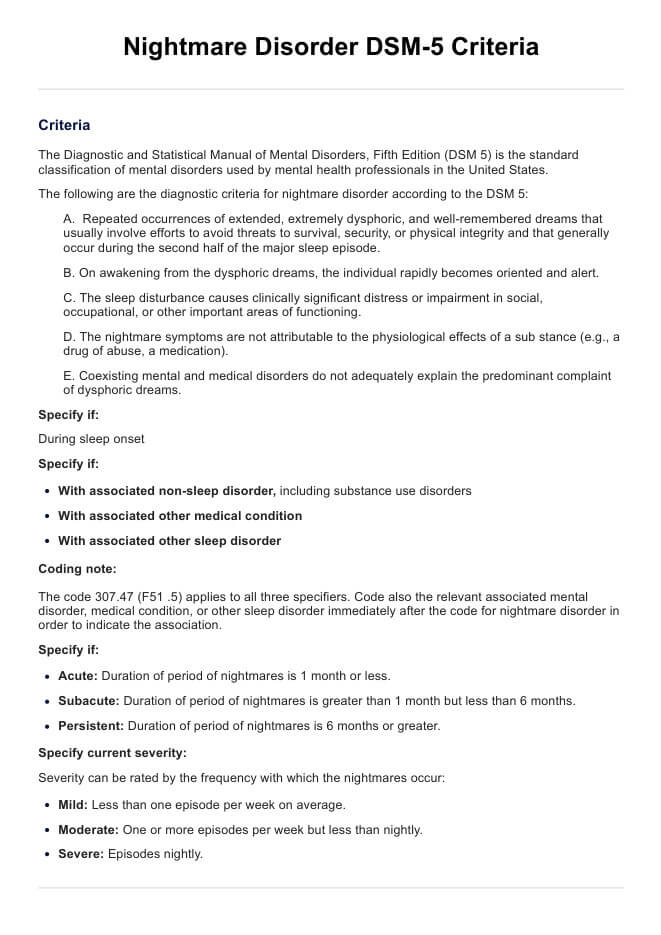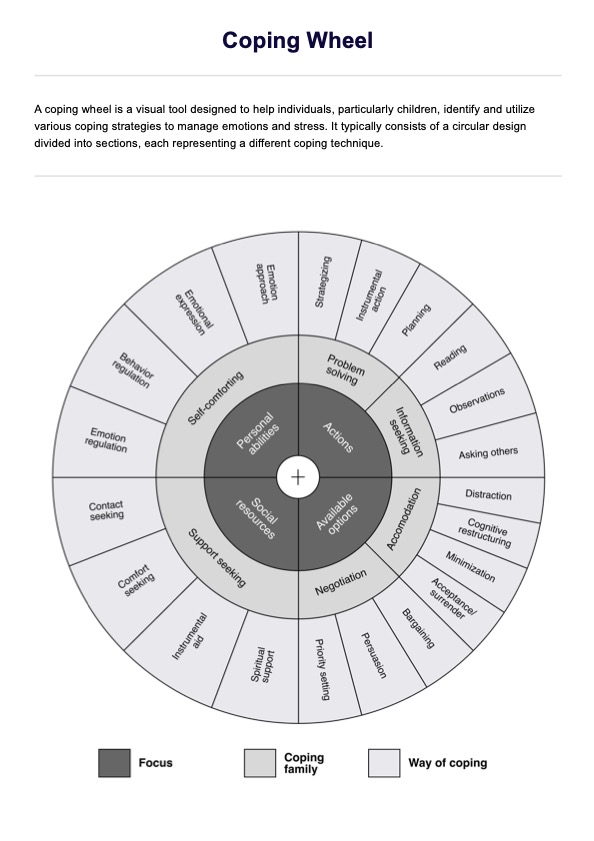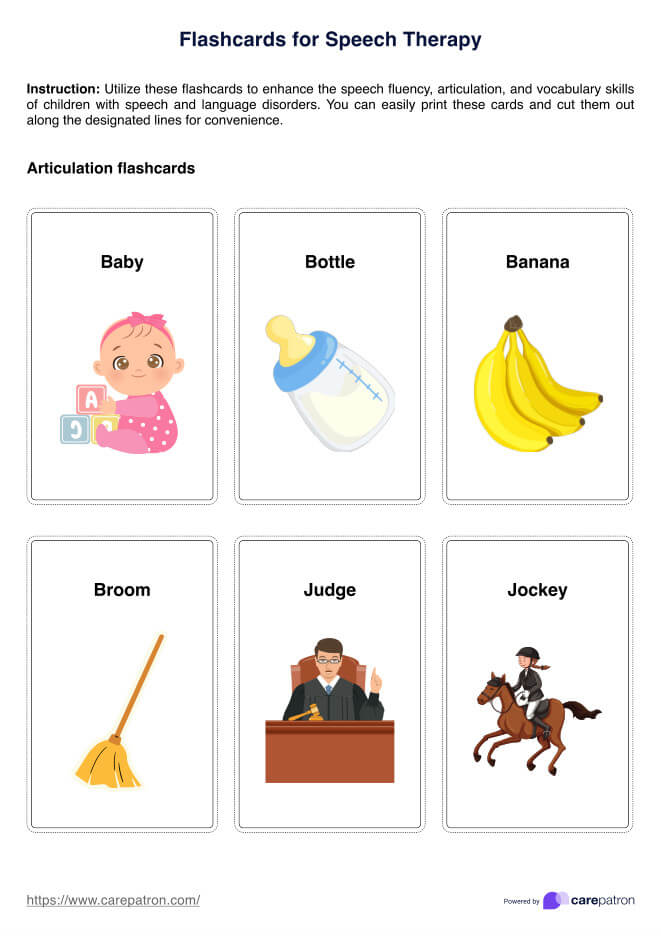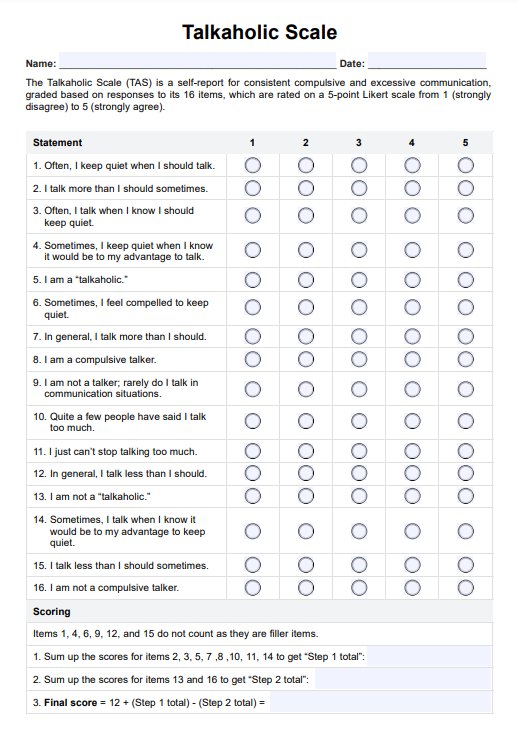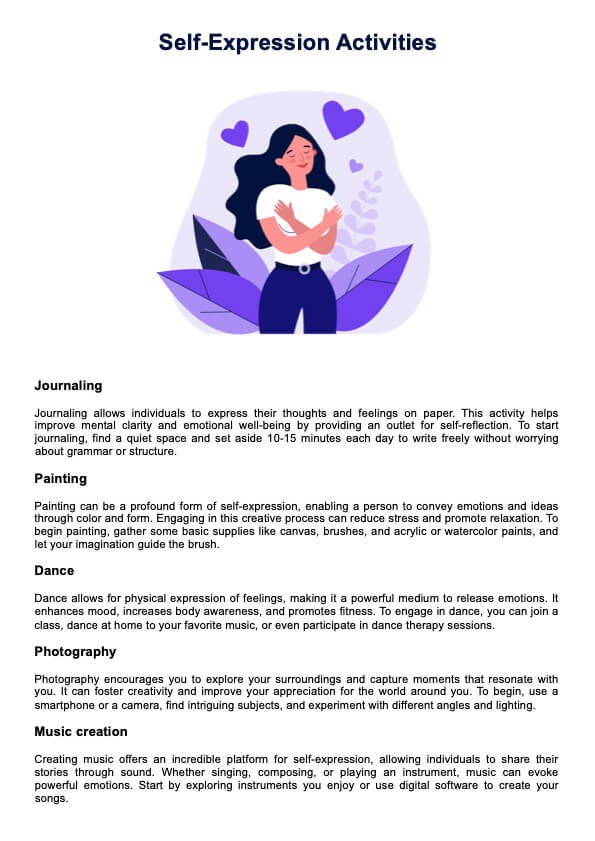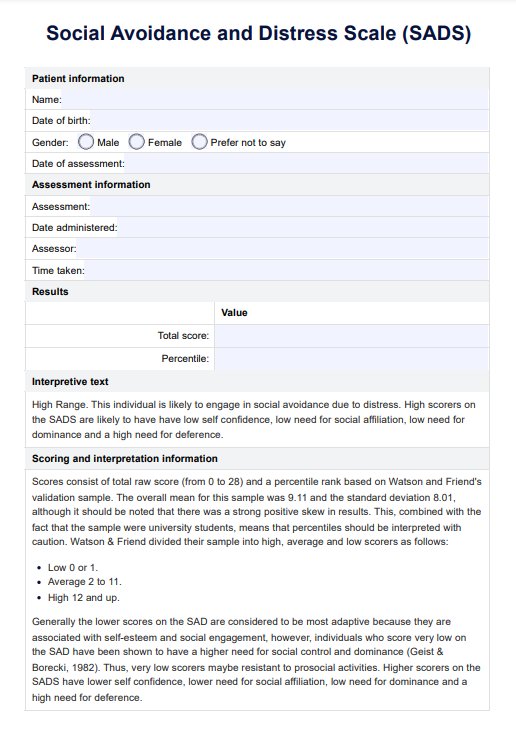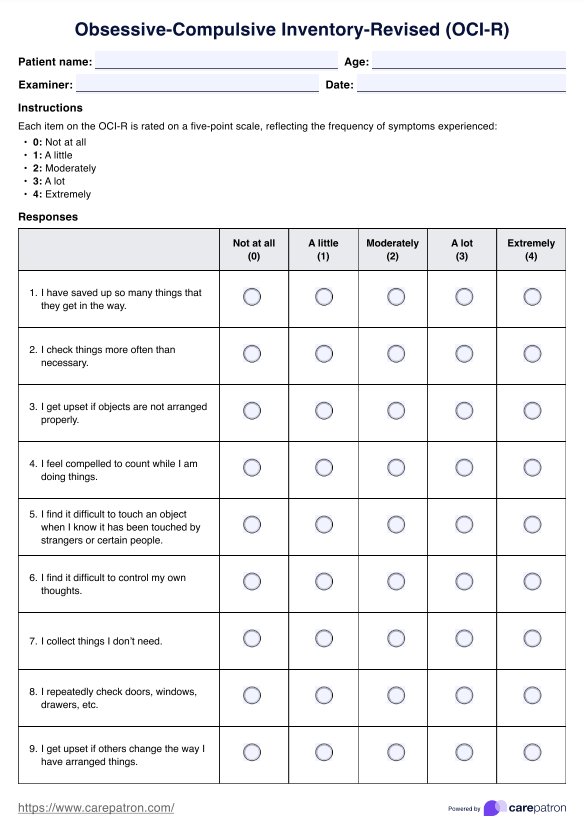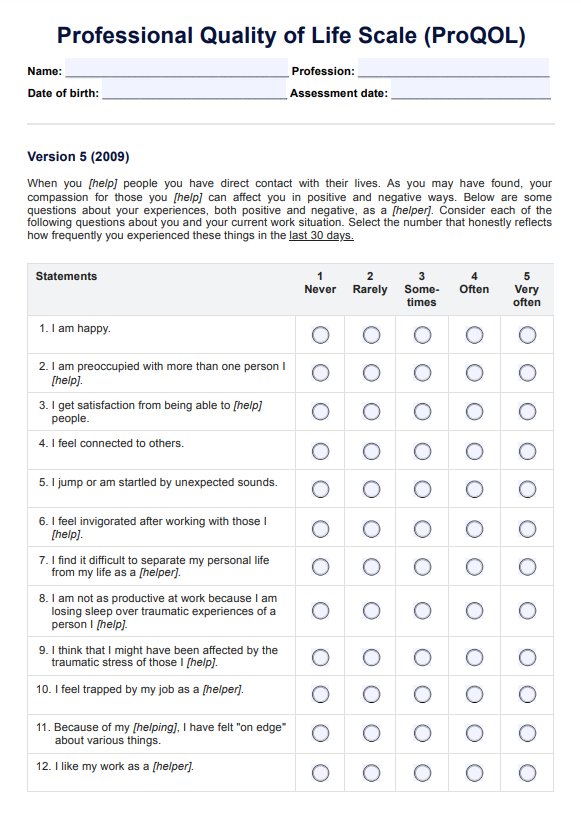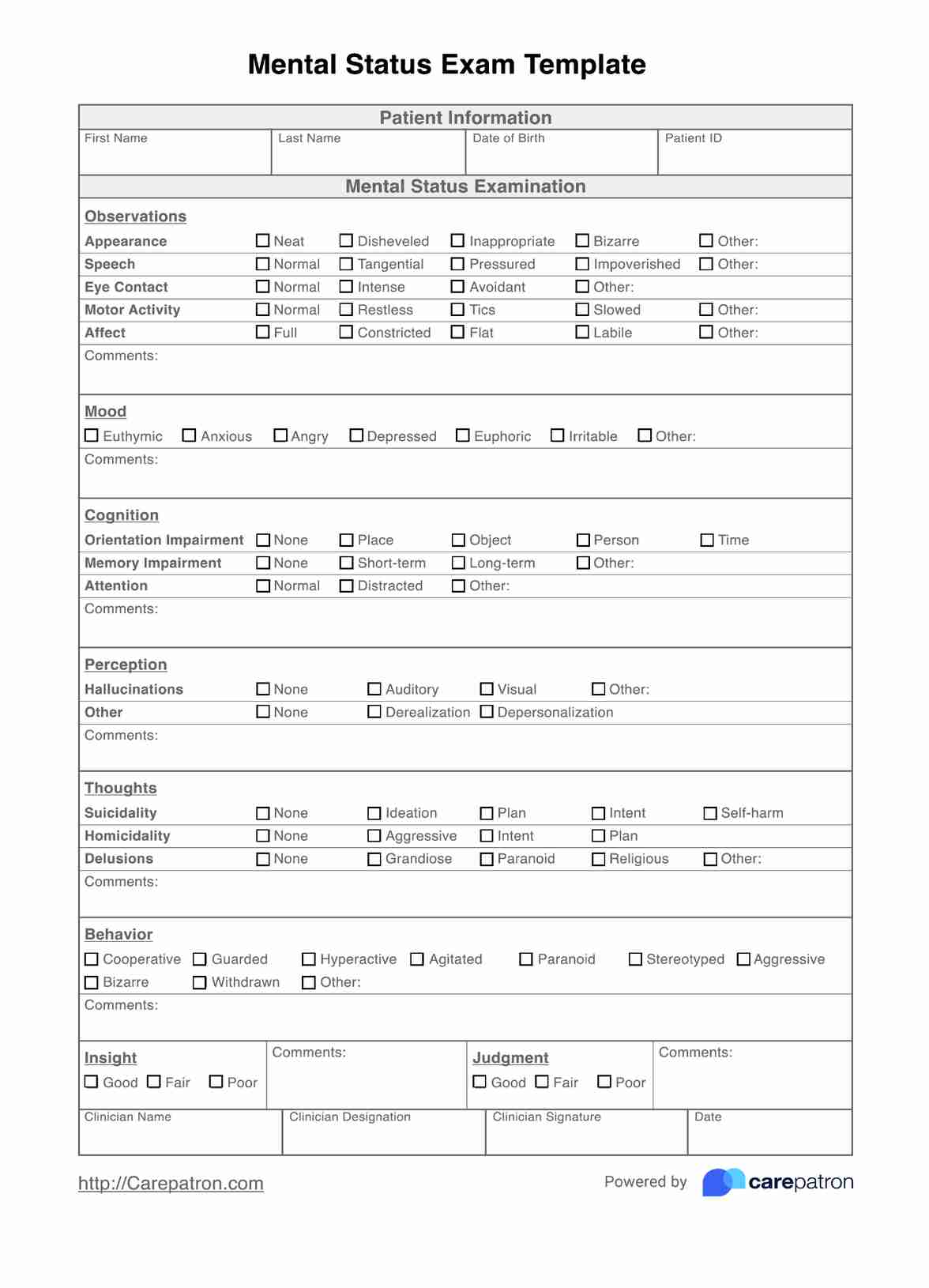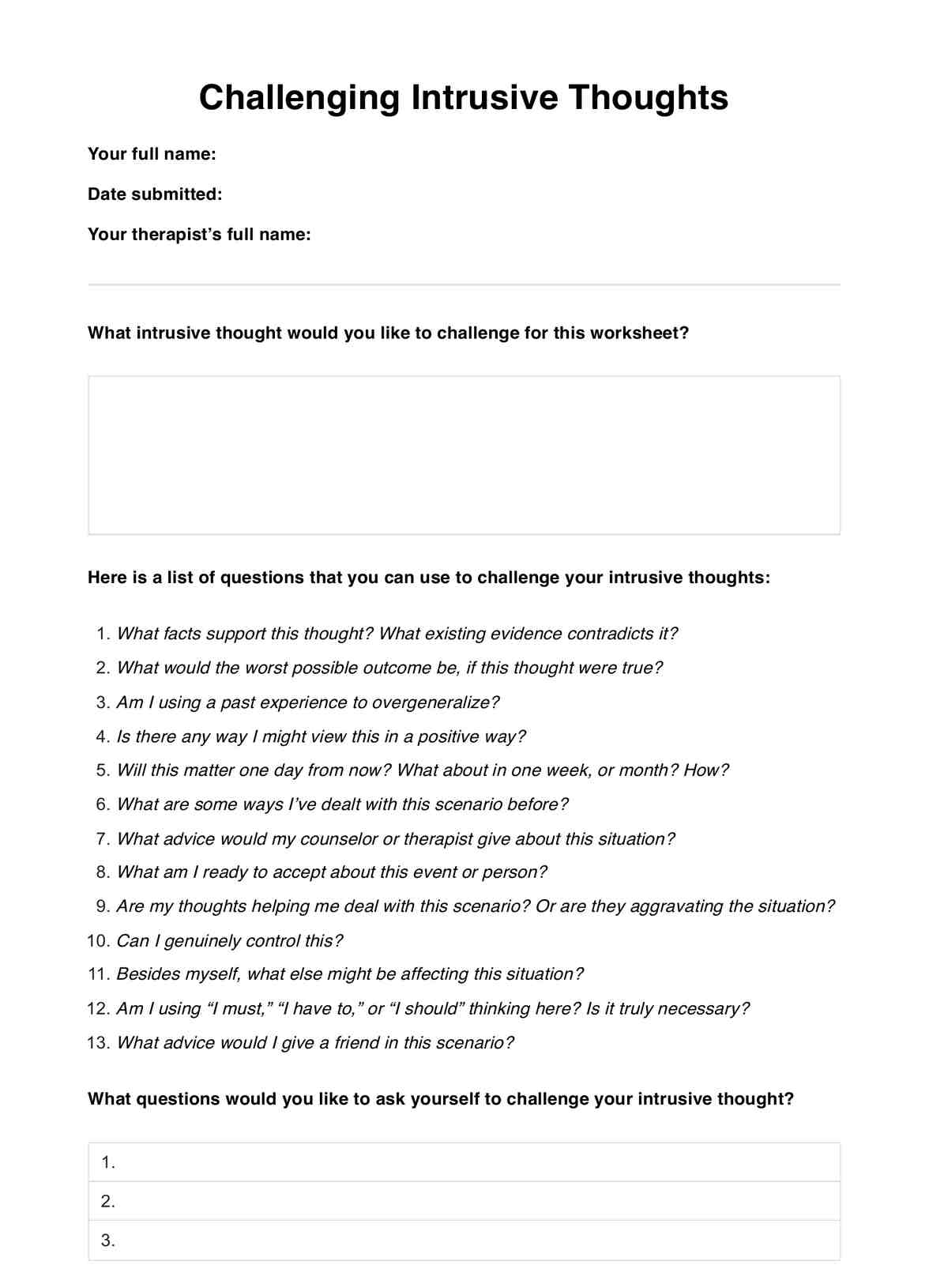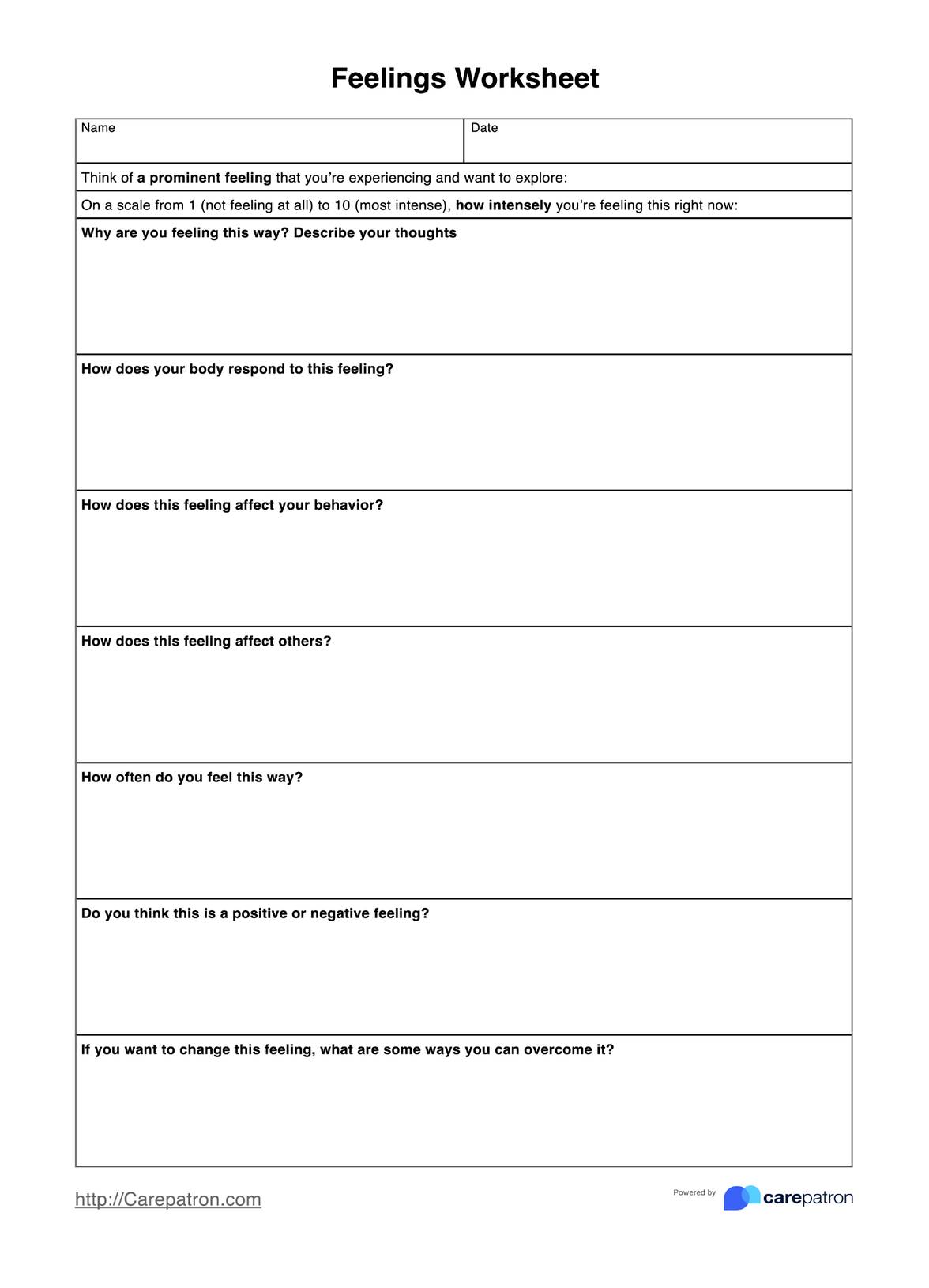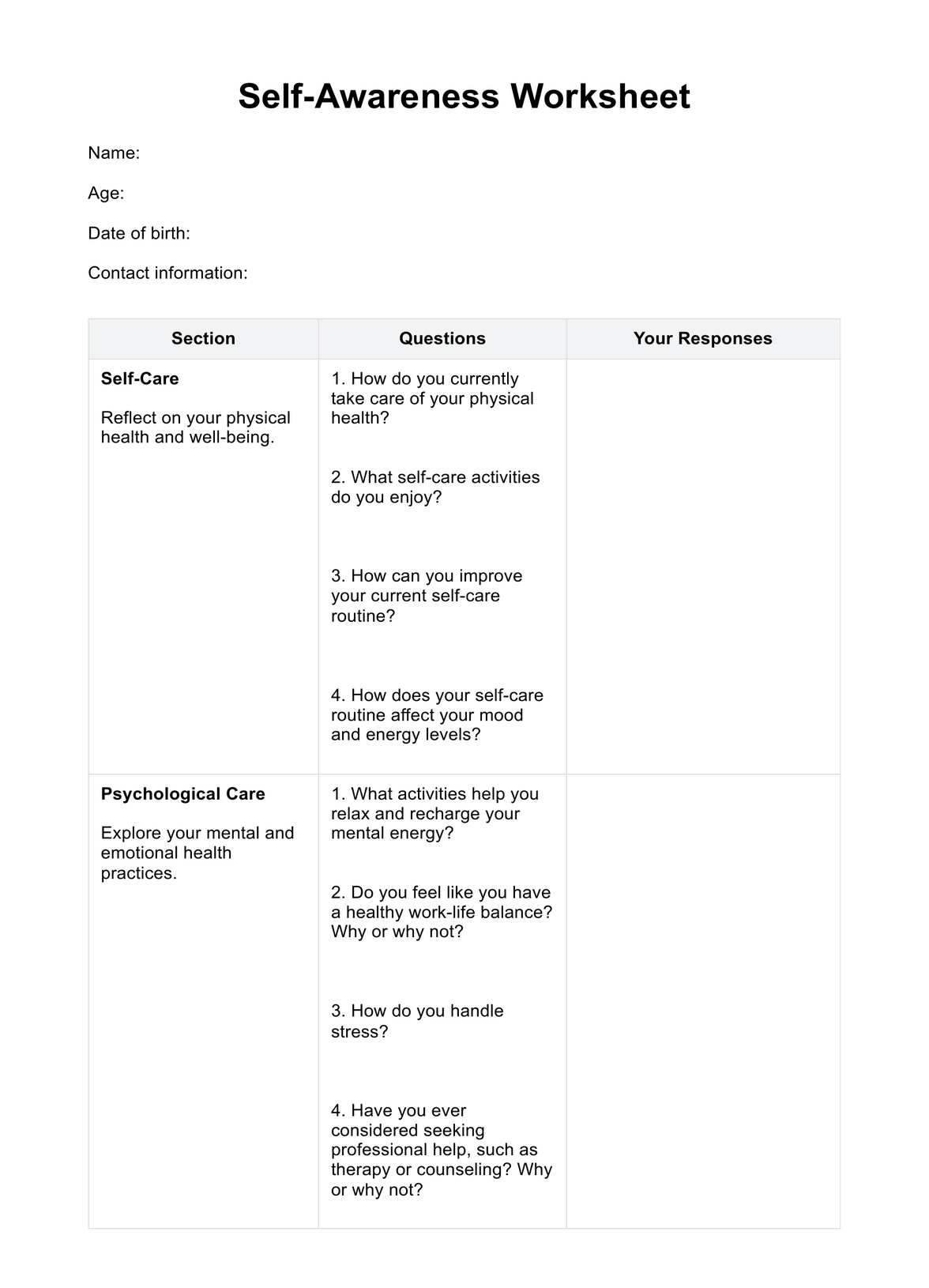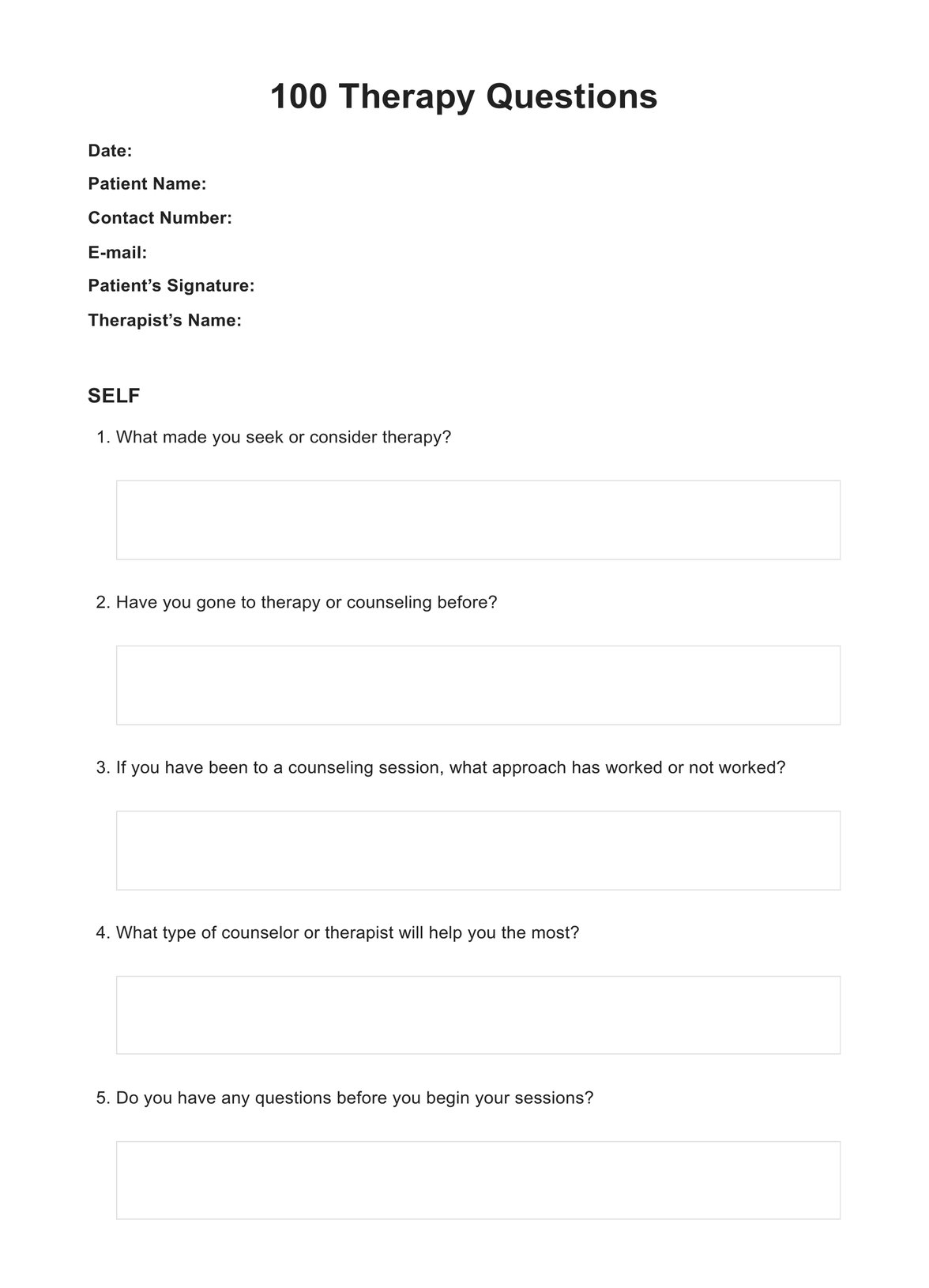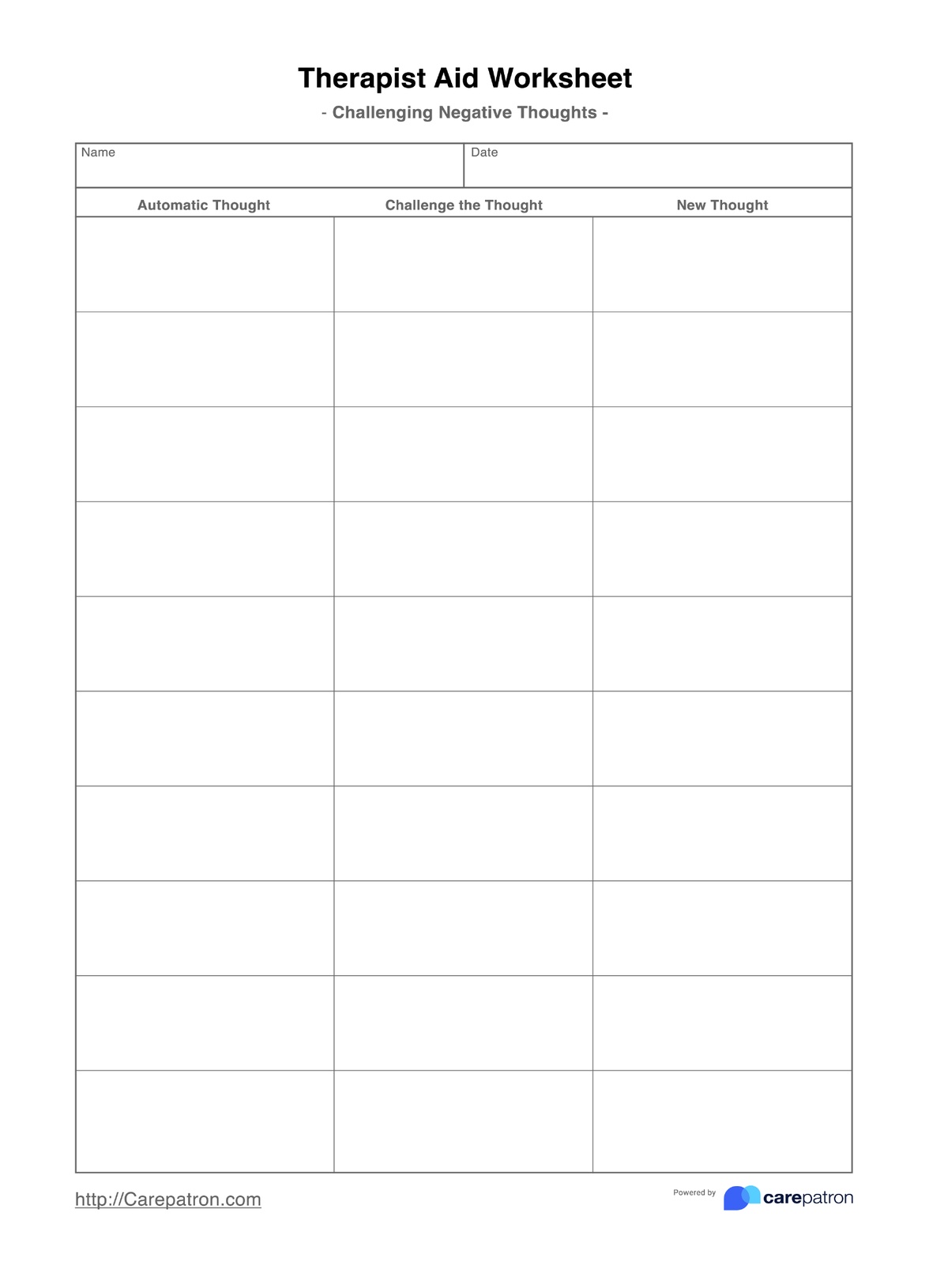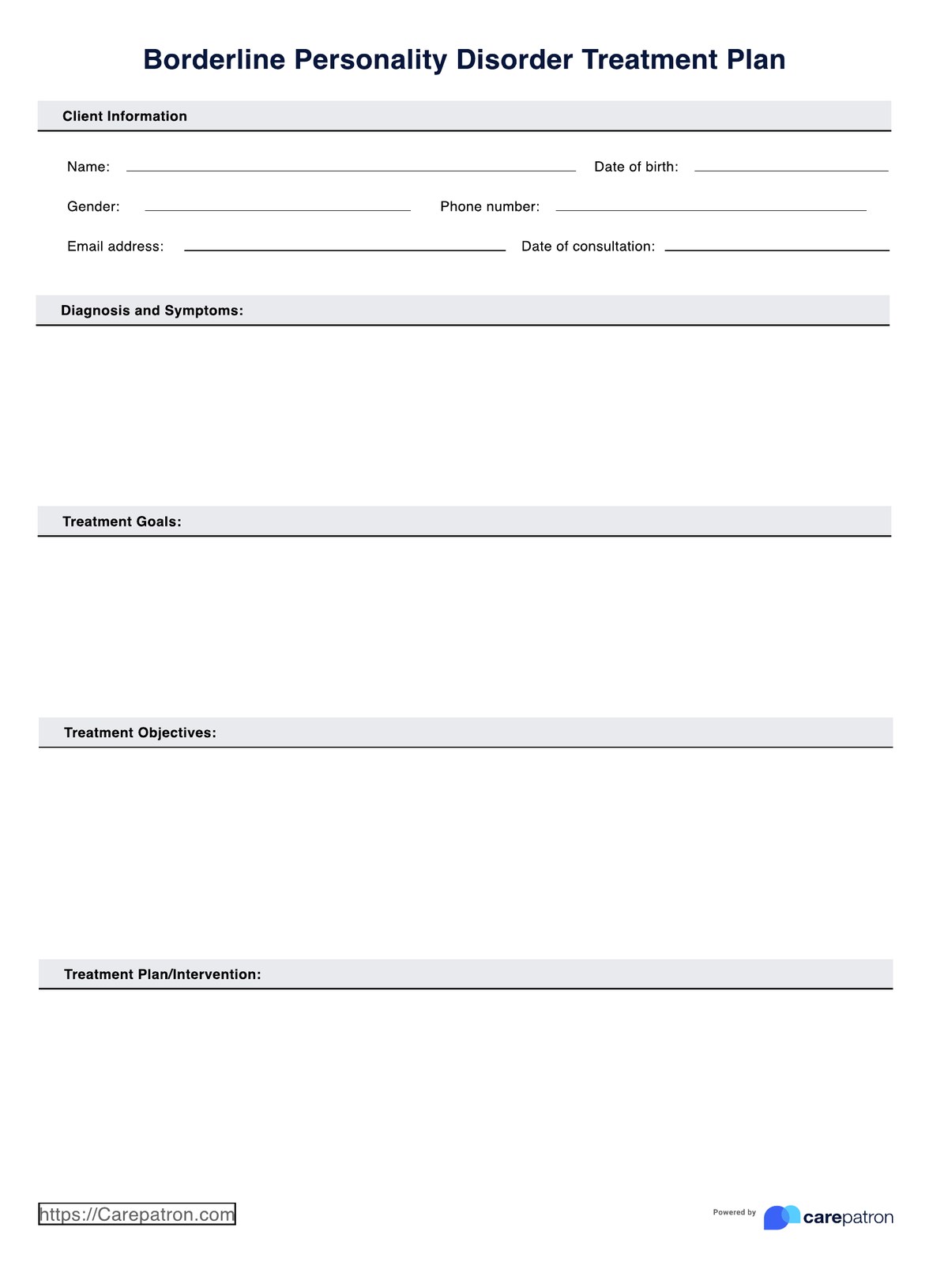Social Skills Worksheet
Identify your patient's social skills strengths and weaknesses with this Social Skills Worksheet. Download a free PDF and example to get started.


What is a Social Skills Worksheet?
Social Skills Worksheets in healthcare guide individuals in developing essential social skills. These worksheets enhance social interactions by encompassing conversation skills, body language, and emotional awareness.
One key advantage of Social Skills Worksheets is their versatility. Whether in individual or group therapy sessions, these social skills printables assist in honing the skills necessary for establishing and maintaining healthy relationships. They are comprehensive and address specific areas such as active listening, recognizing emotions, and understanding non-verbal cues.
These worksheets also serve as a means of self-reflection. By completing the activities, individuals gain insight into their own social skills and identify areas for improvement. This promotes personal growth and development, leading to enhanced communication and relationships.
Social Skills Worksheet Template
Social Skills Worksheet Example
How does this Social Skills worksheet work?
This Social Skills Worksheet covers verbal and non-verbal communication and reasoning skills such as active listening, empathy, assertiveness, and conflict resolution. Follow these simple steps to get started with the template:
Step 1: Download the worksheet
Access the free Social Skills Worksheet using the link on this page. You can also get a copy from the Carepatron app or our resources library.
Step 2: Give your patient a copy
Provide your patient with a copy of the Social Skills Worksheet. Explain how the form works and why it's essential to complete it. Ask them to complete it independently or work together to finish it.
Step 3: Analyze the results
Review their answers and analyze the results once your patient has completed the worksheet. Discuss areas where they have strong social skills and areas that could use improvement.
Step 4: Develop an action plan
Create an action plan outlining how the patient can improve their social skills. This could include attending classes, joining a support group, or other activities that will help them practice and develop their social skills. You can use the SMART Treatment Plan to ensure the goals are clear, measurable, and achievable.
You can also incorporate this social skills worksheet and worksheet for autism into your practice to facilitate targeted skill-building and personalized support. These worksheets are designed to help clients develop crucial social skills and manage autism-related behaviors.
When should you use this worksheet for social skills?
Effective communication and interpersonal finesse are essential in teaching social skills. Social Skills Worksheets, similar to emotional health worksheets, prove highly beneficial in educational settings, particularly for students, enabling them to practice and enhance their social skills.
Classroom environments
It can be incorporated into lesson plans to teach primary school children to high school students the nuances of effective communication, understanding emotions, and the importance of good social skills. Role-playing activities within the worksheets allow students to practice interactions in a controlled environment.
Conflict resolution
In situations where conflicts arise frequently, either in personal relationships or professional settings, worksheets are a practical tool for problem-solving and understanding different perspectives. The structured approach of these worksheets aids individuals in navigating through many conflicts and finding constructive solutions.
Social situations
When individuals struggle with small talk or find engaging another person in casual conversations challenging, Social Skills Worksheets improve their conversational abilities. These include using appropriate facial expressions and eye contact and maintaining good social skills in various social situations.
Role-playing
Worksheets with role-playing exercises allow individuals to step into different scenarios and practice social interactions at a deeper level. This role-play helps build empathy, an essential skill for understanding others' feelings, behaviors, and perspectives.
Relationship building
Effective communication is critical in personal and professional relationships. The worksheet contributes to relationship-building by reinforcing the importance of respect, active listening, and the ability to regulate emotions. Individuals can use these free resources to identify areas for improvement in their interactions with others.
Who is this Social Skills Worksheet PDF for?
Many practitioners and individuals seeking to address challenges and enhance interpersonal abilities can use the printable Social Skills Worksheet PDF. It caters to the following professionals and contexts:
- School counselors
- Teachers
- Speech therapists
- Parents
- Caregivers
- Therapists
- Social workers
- Special education professionals
- Speech and language pathologists
Importance of social skills for people with autism spectrum disorder
The prevalence of Autism Spectrum Disorder (ASD) is rising, with recent data suggesting that 1 in 36 U.S. children (up from 1 in 44) and 1 in 45 adults are on the spectrum (Autism Speaks, 2023). However, despite this growing population, only 21% of people with disabilities, including autism, are employed.
The good news is that social skills training can significantly improve employment outcomes for autistic individuals. Nearly 60% of autistic children find employment after receiving state-provided vocational rehabilitation services, often including social skills development (Autism Speaks, 2023). This highlights the critical role of social skills in fostering opportunities for individuals with ASD.
Here's a closer look at why social skills training is essential:
- Stronger social skills allow individuals with ASD to express themselves more clearly and effectively, reducing interaction misunderstandings and frustration.
- Improved social skills help build meaningful connections with others, combating feelings of isolation and loneliness.
- Social skills training makes understanding social cues and navigating social norms easier, leading to less stress and more successful everyday interactions.
- Many jobs require teamwork and effective communication. Developing strong social skills can significantly improve job prospects and workplace success.
By prioritizing social skills development, individuals with ASD can thrive in social settings, improve their quality of life, and reach their full potential. Social skills and emotional health worksheets can be valuable tools to support this process.
Reference
Autism Speaks. (2023). Autism statistics and facts. Autism Speaks; Autism Speaks Inc. https://www.autismspeaks.org/autism-statistics-asd
Commonly asked questions
Download the printable PDF and follow the instructions for the Social Skills Worksheet. Read each statement, mark your level of proficiency, and use the reflections section to identify areas for improvement.
The Social Skills Worksheet is a practical tool for developing and enhancing interpersonal abilities. It guides users through self-reflection on critical social skills, such as active listening, communication, and empathy. This fosters improvement in verbal and nonverbal communication and facilitates better interactions in various social situations.
Social Skills Worksheets can be administered in various contexts, including educational settings, therapy sessions, or personal development initiatives. They are especially beneficial when individuals want to address challenges in social interactions, build confidence, or enhance their ability to navigate diverse social situations effectively.


